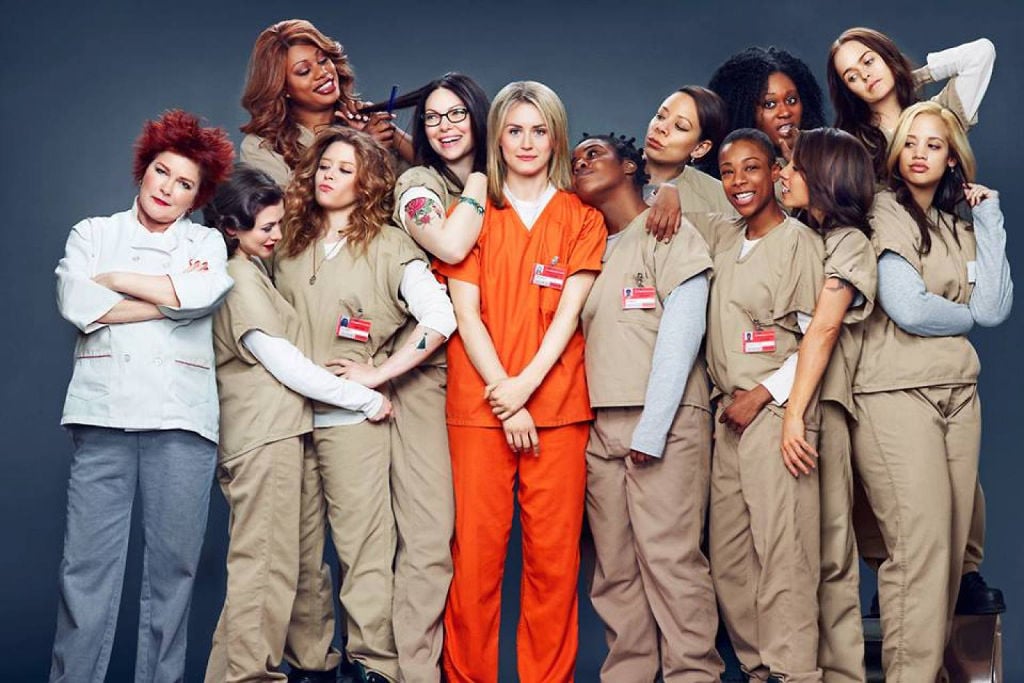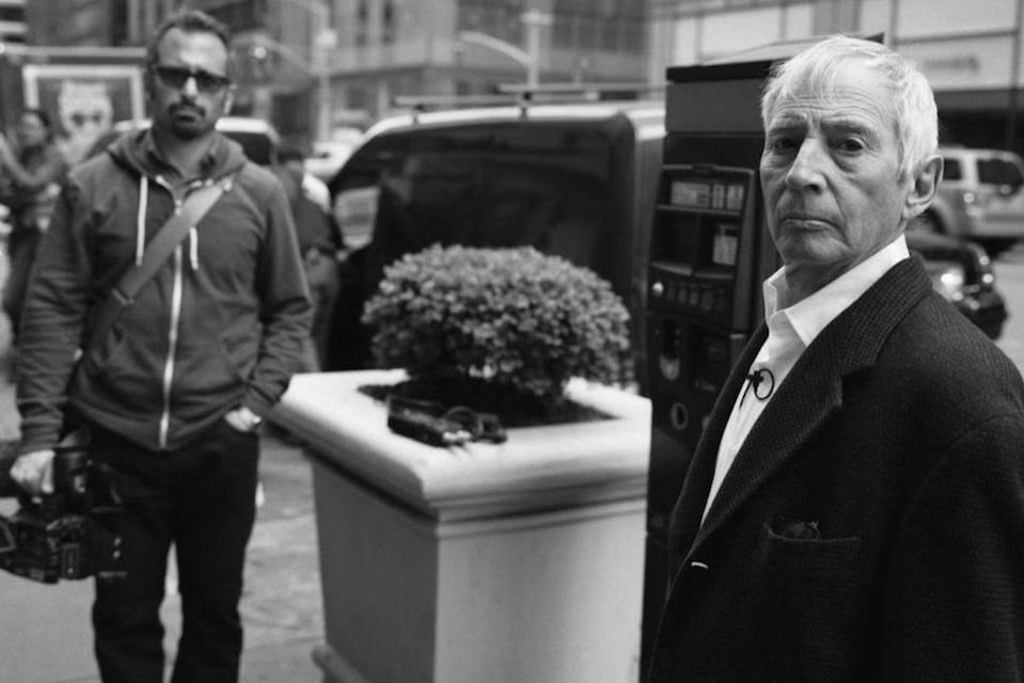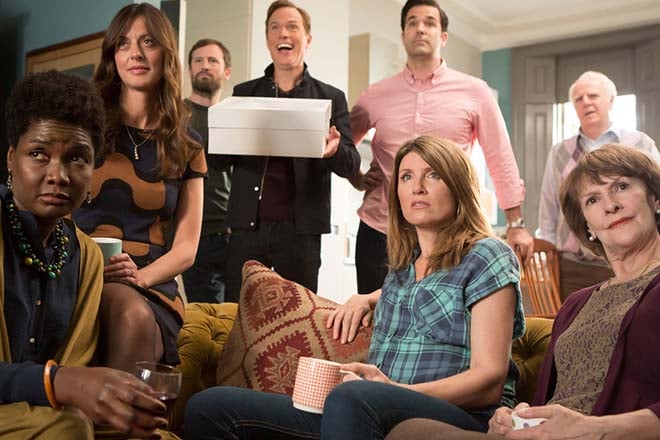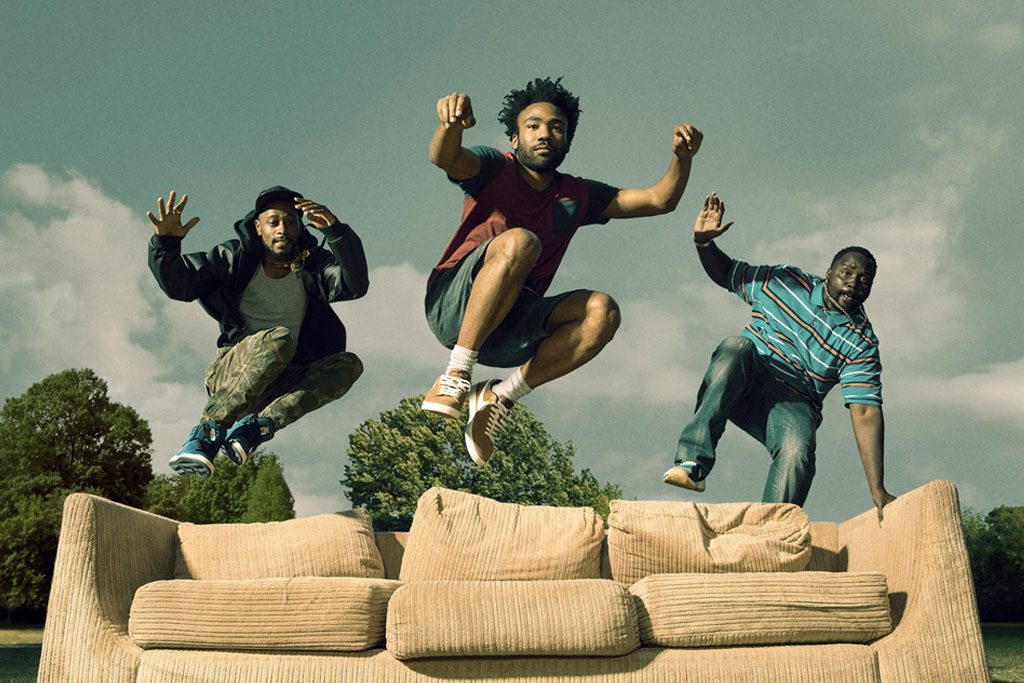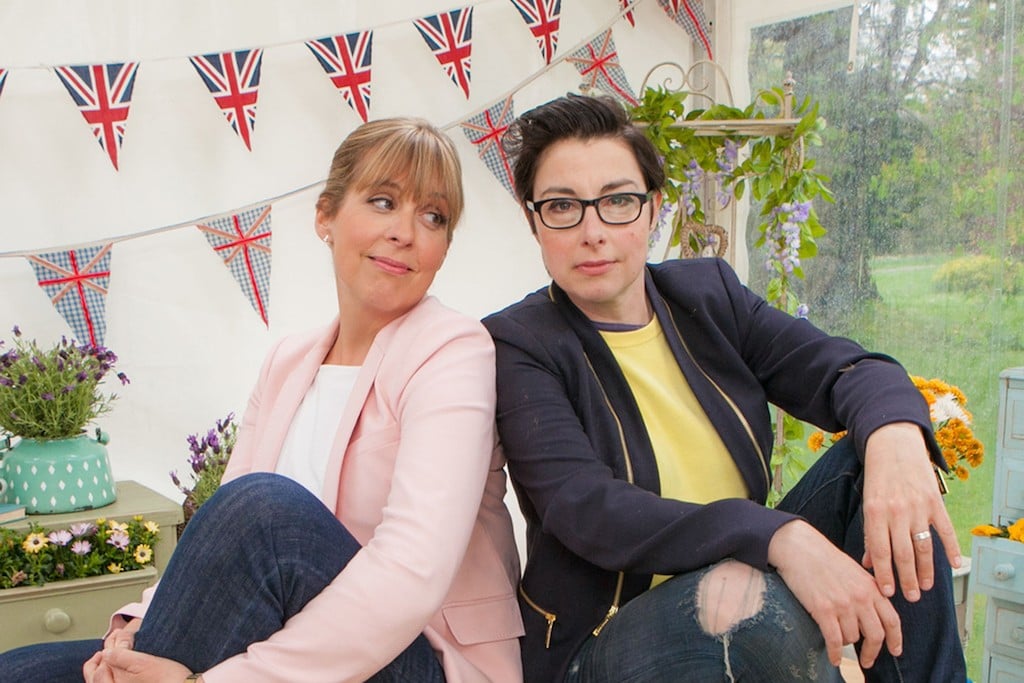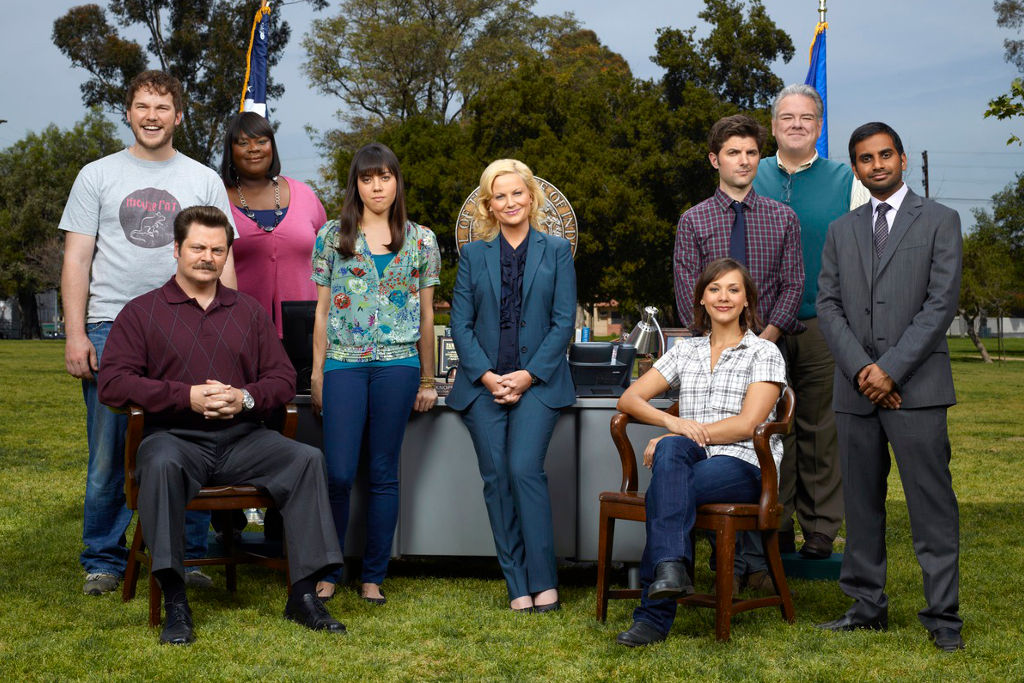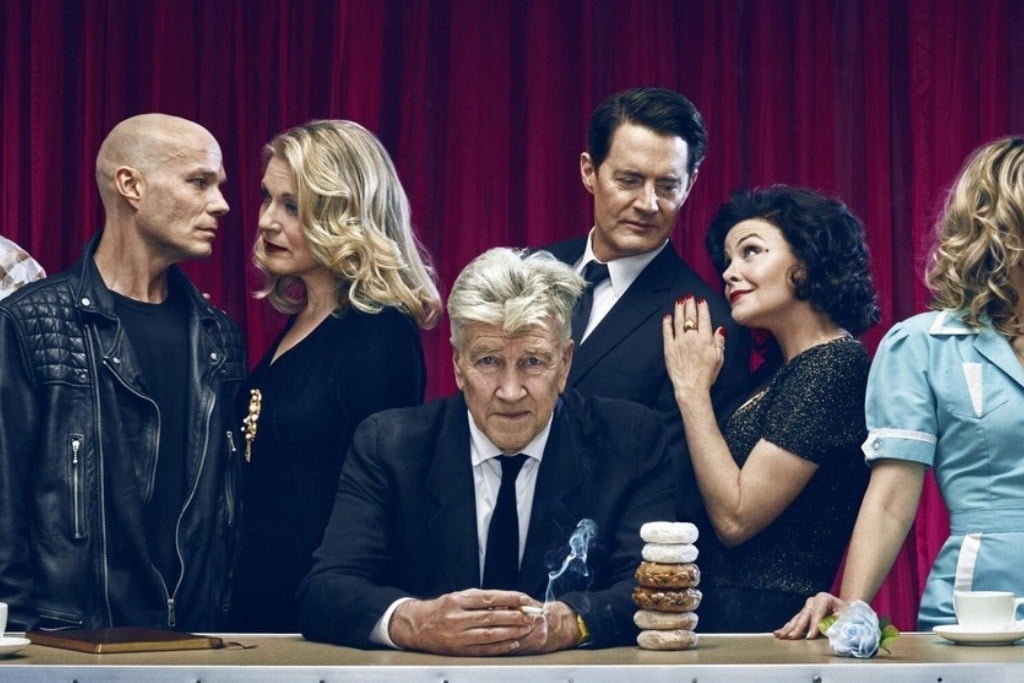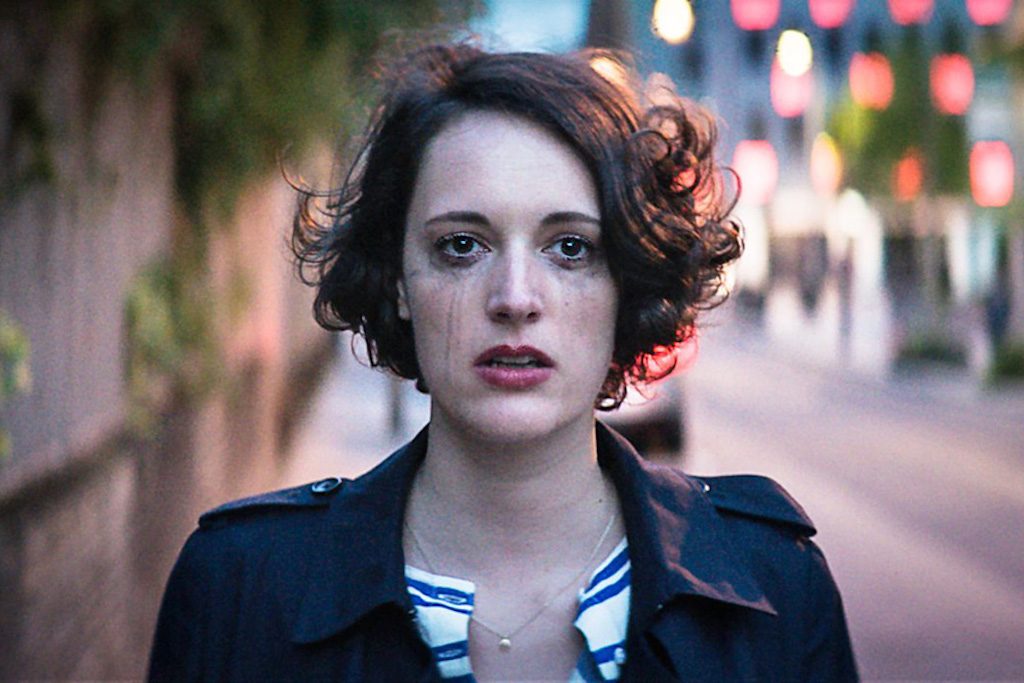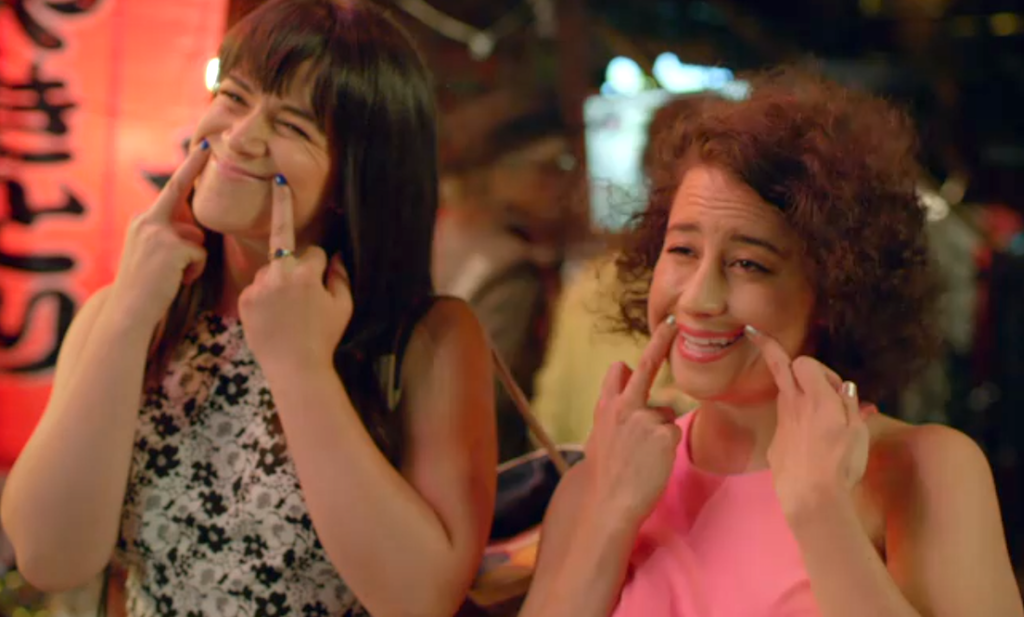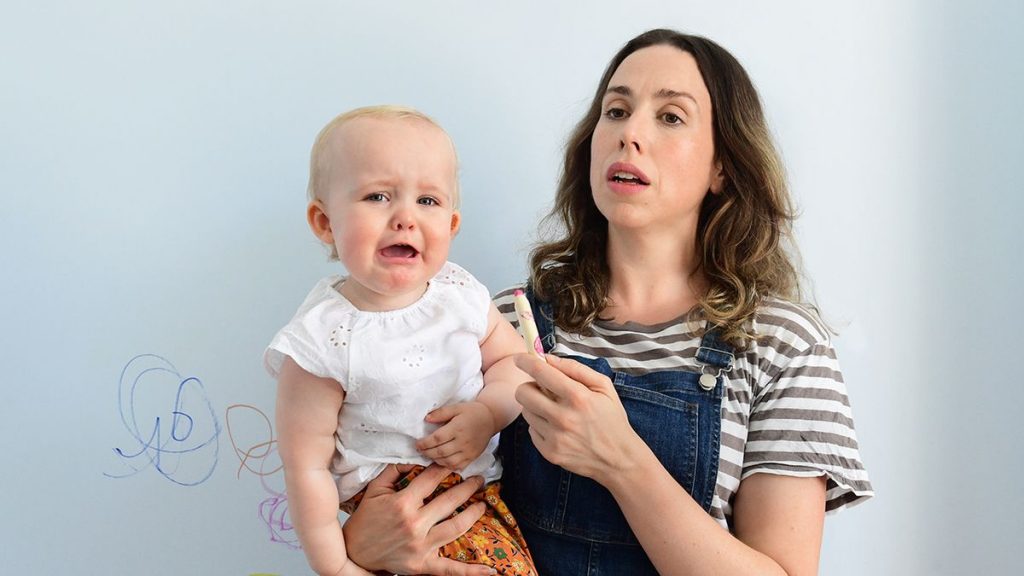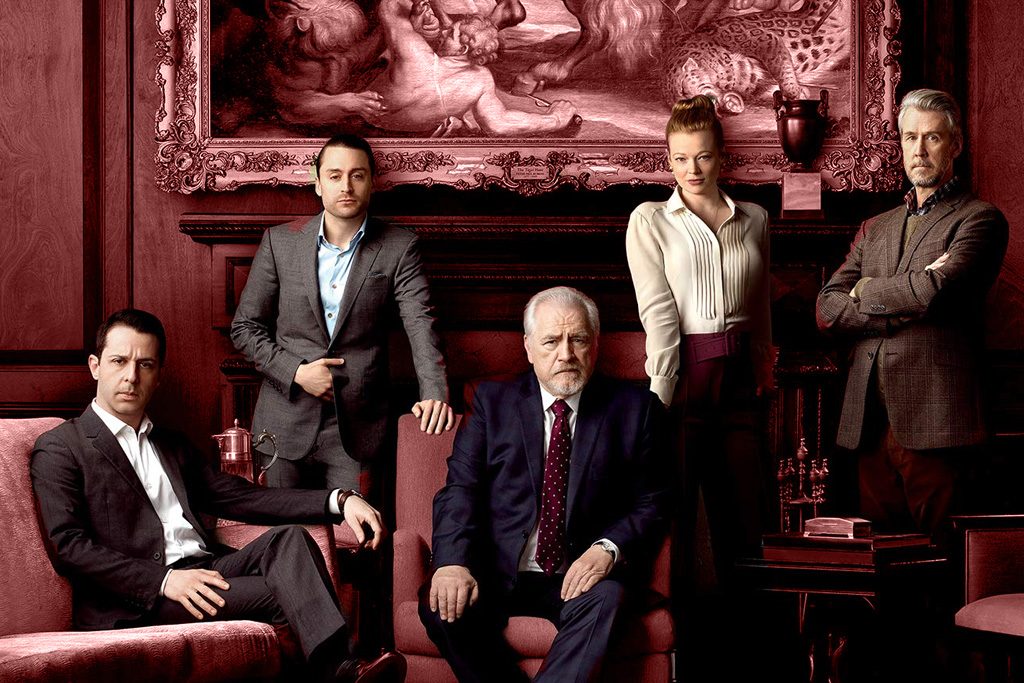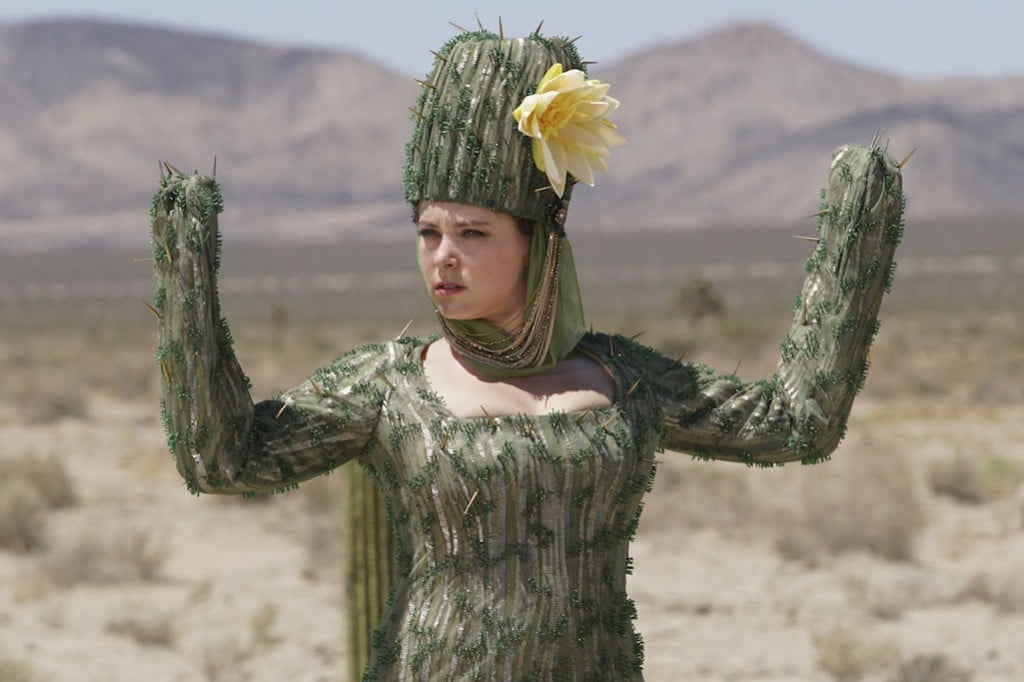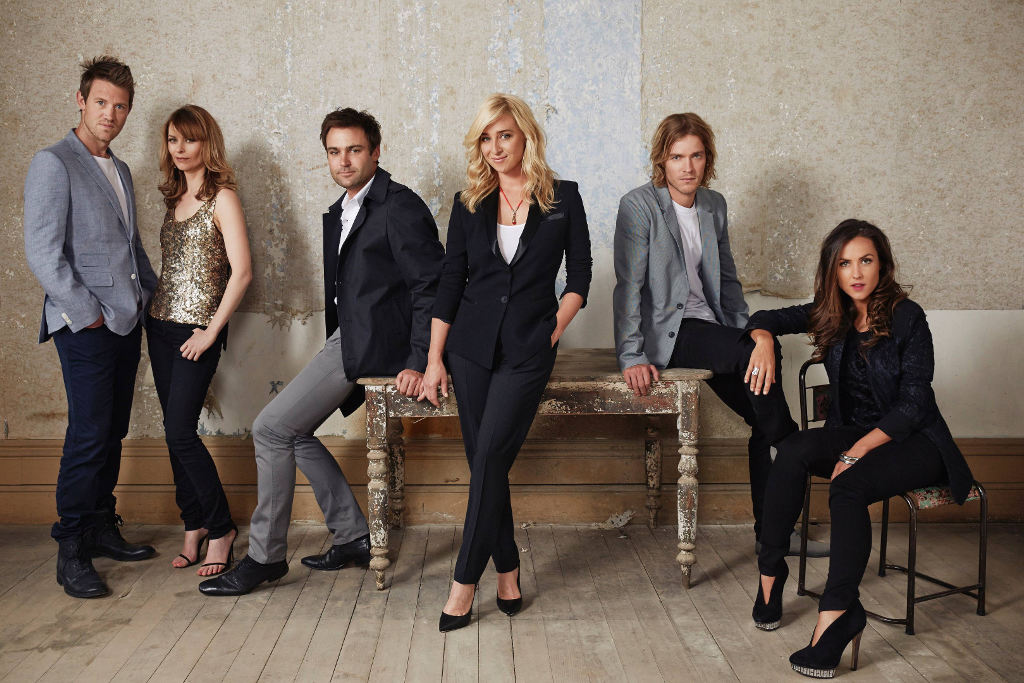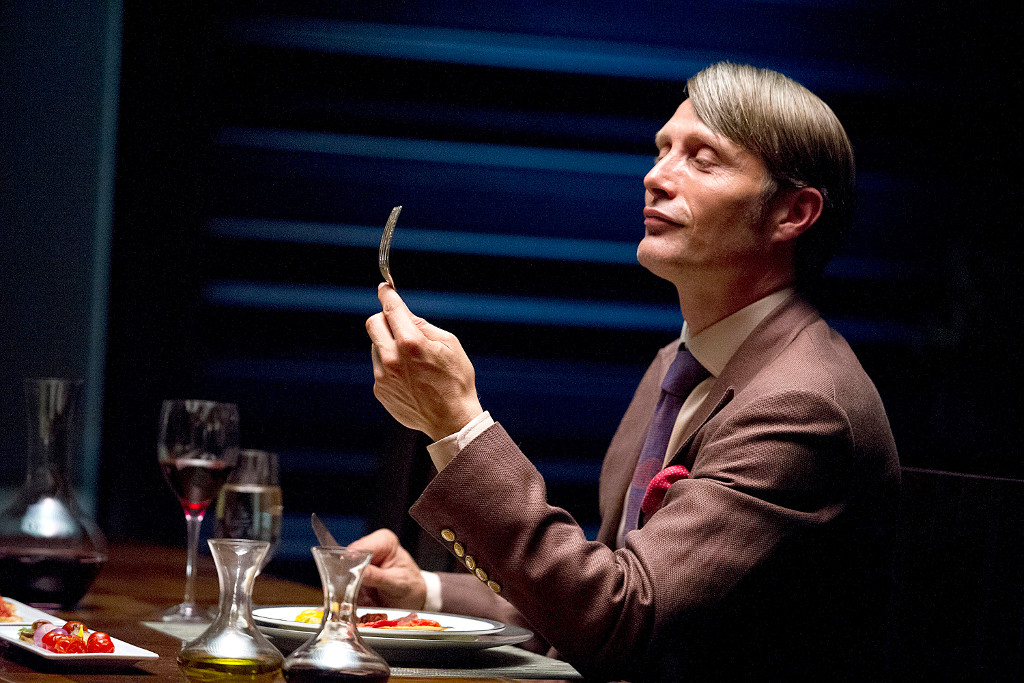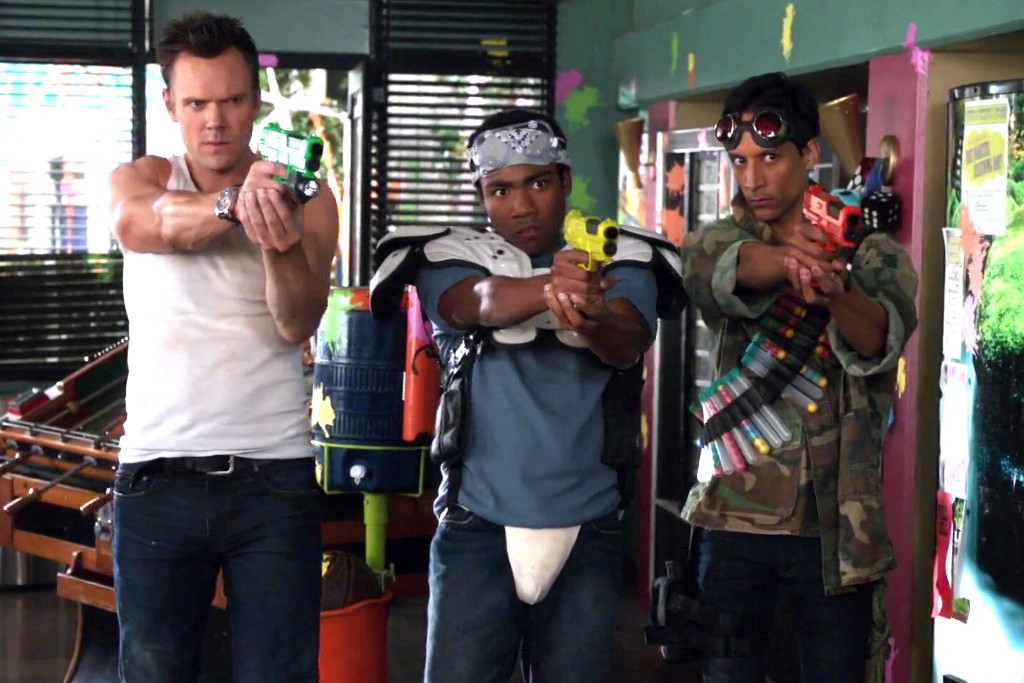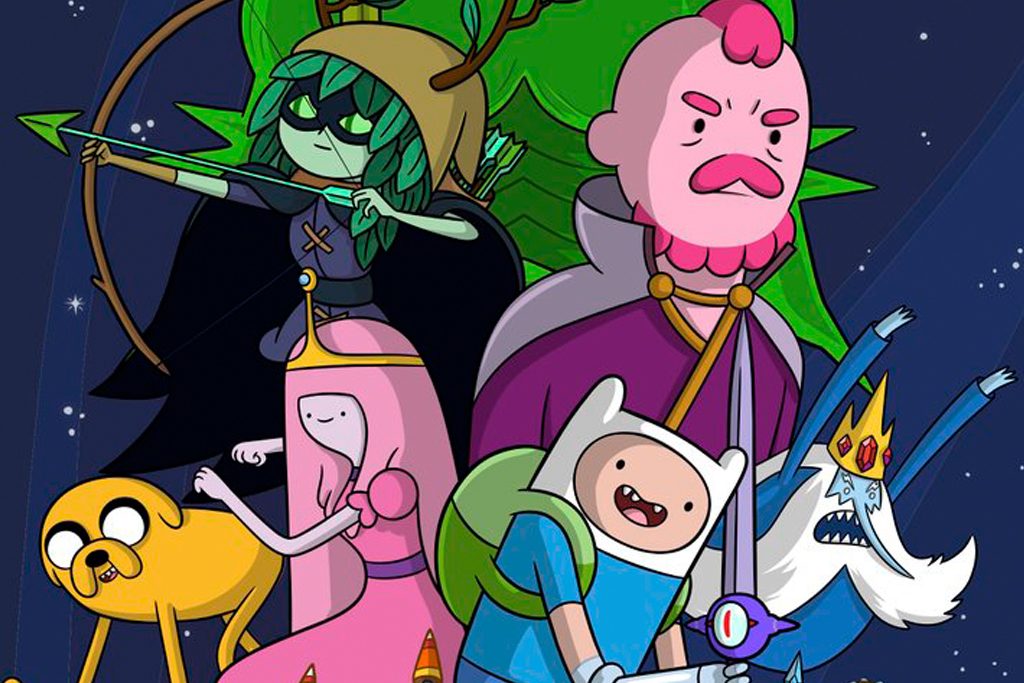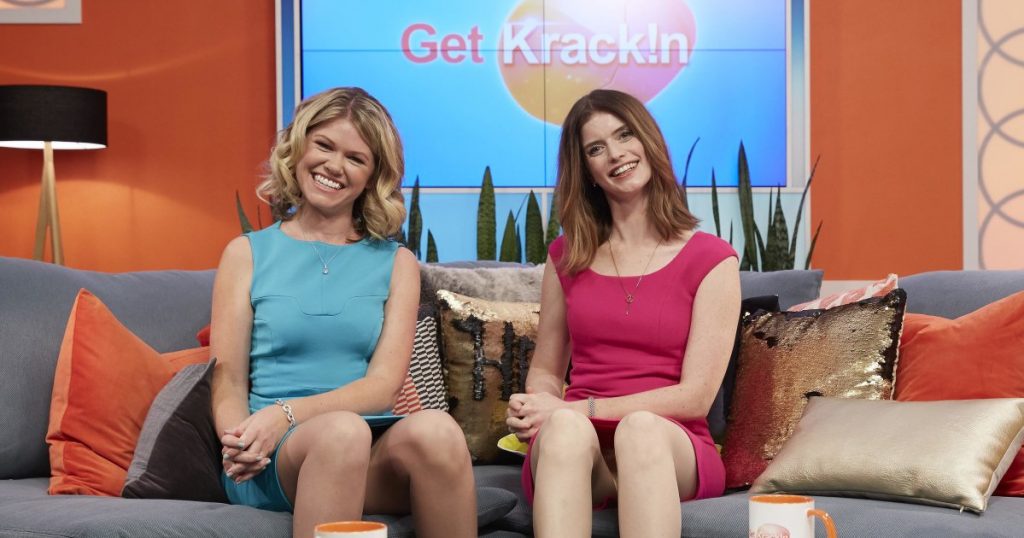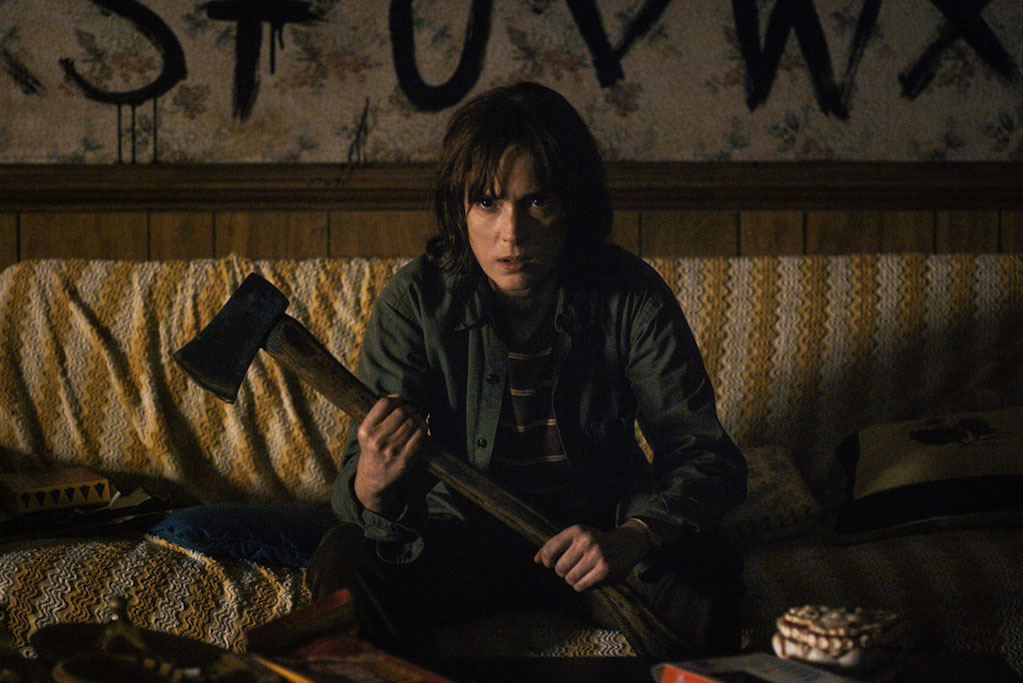The 50 TV Shows That Defined The Decade
From 'Game of Thrones' to 'The Katering Show': this is the decade of peak TV.

What a decade, huh?
In the beginning Netflix had zero original TV series, Breaking Bad was still cooking up a storm, and a ‘huh’ was heard around the world when Lost ended.
The TV landscape shifted has dramatically in 10 years and created a tsunami of shows. Peak TV gave way to pique TV — dropping shows became a guilt-free exercise because there was so much to get to, peer pressure be dammed.
Netflix, once a happy only-child, is now vying for our affection against Disney, Amazon, Apple, Stan, and Foxtel.
There are probably more on the way but I’m considering hiring a lawyer to file an injunction against the creation of more TV.
TV budgets are now in the billions. Week-to-week viewing is becoming rare because the binge model of releasing every episode at once is the norm (no doubt, week-to-week will snap back again soon). A select few shows unified the world weekly while the rest fractured us into bubbles of viewing our favourites at our own pace.
The onslaught of TV meant creators could get niche, esoteric and personal. With the audience so fragmented there’s a chance a show could find an audience somewhere. The old measure of TV ratings became questionable. Streaming services kept their viewing numbers secret and their methodology for renewing and cancelling shows a mystery.
Quality didn’t equal renewal, but we had no idea what success meant to a streaming service. TV shows could get cancelled and then traded to other networks like Tazos.
Looking back, a decade wasn’t enough time to get through all the shows but I tried.
Here’s the 50 shows that defined the past decade.
To reduce the amount of yelling online we’ve decided to include shows that begun just outside the beginning of the decade but came into their own between 2009 – 2019.
1. Orange is the New Black (2013 – 2019)
Jenji Kohan’s prison series was part of the first wave of Netflix originals, and it’s the show that taught us how to binge.
Kohan once described Netflix’s model like a book: sometimes you want to read one chapter at a time or a whole novel in one sitting. The strength of Orange is the New Black was its ability to balance a gigantic ensemble, interconnecting storylines, backstories, and life beyond the prison walls.
It was a show that was impossible to categorise, and it confused the Emmys with whether it was a comedy or drama; a sign of excellence. It’s TV’s great ‘novel’ that established what was possible in the streaming age.
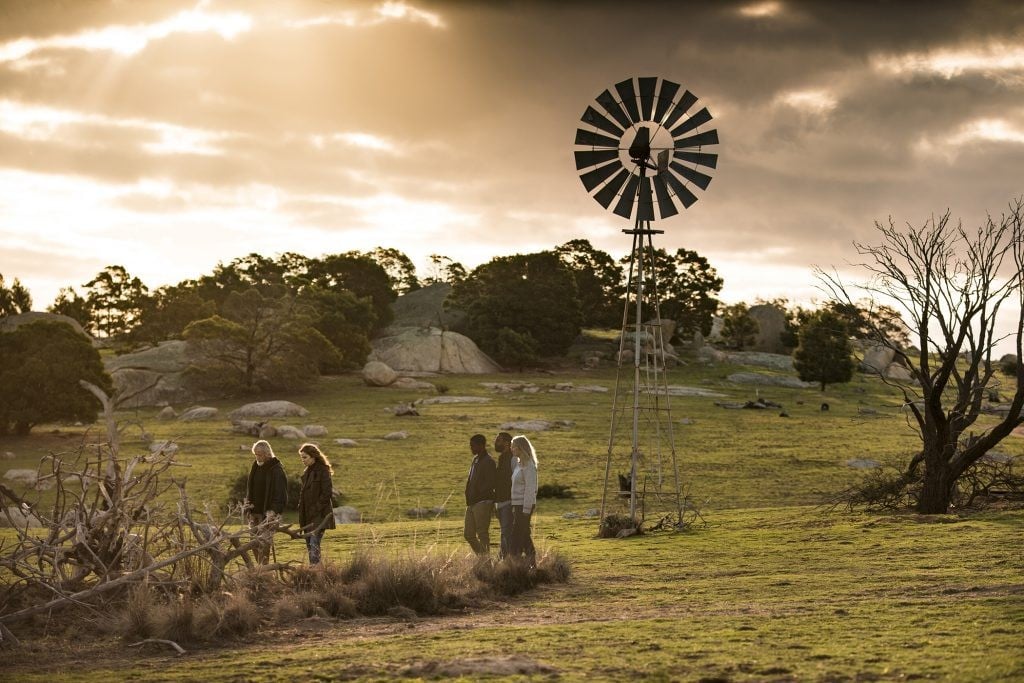
2. The Leftovers (2014 – 2017)
An existential crisis on a weekly basis. The Leftovers explored grief and religious mysticism in a profound way.
Co-creators Damon Lindelof (Lost) and Tom Perrotta (who wrote the novel of the same name) built a world processing the ‘sudden departure’, a day where 2% of the world’s population disappeared.
The 2000s were full of so much tragedy in the real world and in the apocalyptic visions reflected at us in film and TV. The Leftovers lingered on survivors of the sudden departure and how they come to terms with the world-altering event. The best part: Lindelof and Perrotta didn’t have all the answers. Dealing with loss is complex.
The Leftovers can be interpreted in many different ways and it’s deeply personal experience. Don’t fear the reaper.
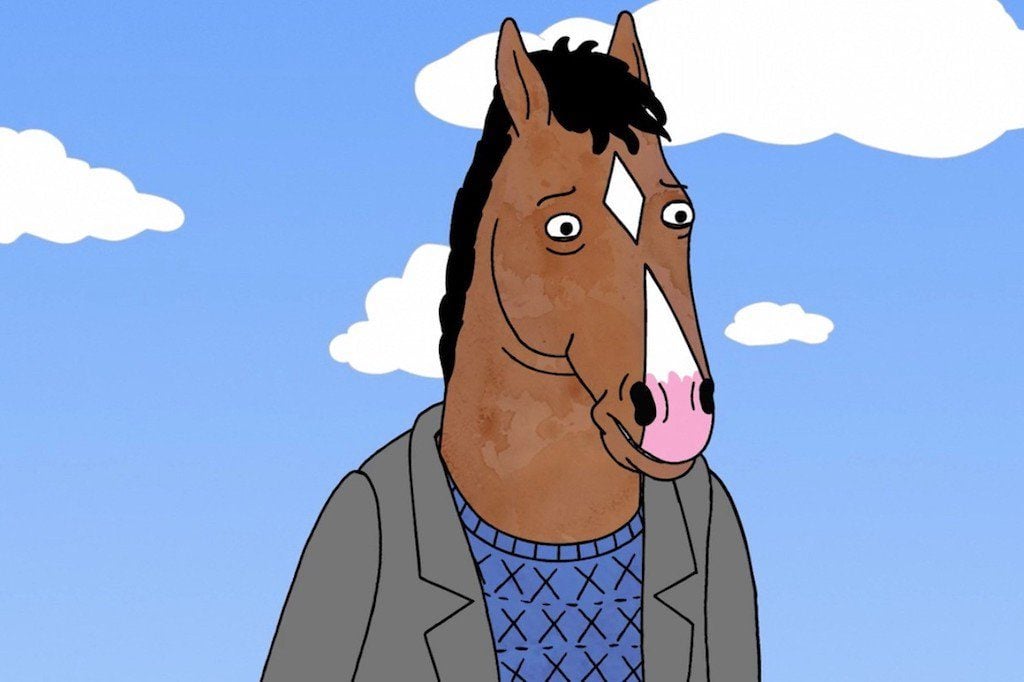
3. BoJack Horseman (2014 – )
Raphael Bob-Waksberg’s animated series about a washed-up sitcom star/horse (Will Arnett) is full of visuals gags, puns and wordplay.
The series delights in a weird world where humans and anthropomorphic animals co-exist with a distinct visual style thanks to Lisa Hanawalt (vale Tuca and Bertie). Between jokes about Hollywood there’s a sombre side to BoJack Horsemen with the way it explores depression.
Adult animation was in abundance during the past decade, but BoJack Horseman perfected the ‘adult’ side. The most colourful therapy session on TV.
4. The Jinx (2015)
The true crime phenomenon swept TV with documentaries and dramatisations but most were unsatisfying and insensitive to the victims and their families. The Jinx is different because of the way it follows New York real estate heir Robert Durst and a trail of murders with a definitive conclusion.
The Jinx is a gripping investigation that ends with a once in a lifetime confrontation.
5. Catastrophe (2015 – 2019)
Long-term relationships are brutal. The creators and stars of Catastrophe, Rob Delaney and Sharon Horgan, tackled the marathon of monogamy and parenting with none of the gloss. Refreshing honesty, wit and prestige swearing made Catastrophe a foul-mouthed charmer with a big heart.
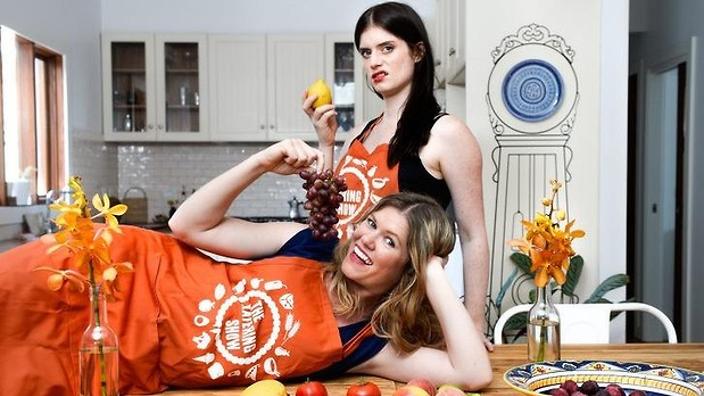
6. The Katering Show (2015 – 2016)
Kate McCartney and Kate McLennan’s satire of cooking fads went viral when they took the piss of out the Thermomix.
The Kates’ tapped into the angst of enduring the company of self-confessed ‘foodies’ and the yearning to be ‘likeable’. The series graduated from YouTube to ABC iView for its second season where the show took on selling out, the pressures of motherhood and the nightmare of big weddings.
The desperation to create online videos and mine life for content is captured brilliantly by The Katering Show.
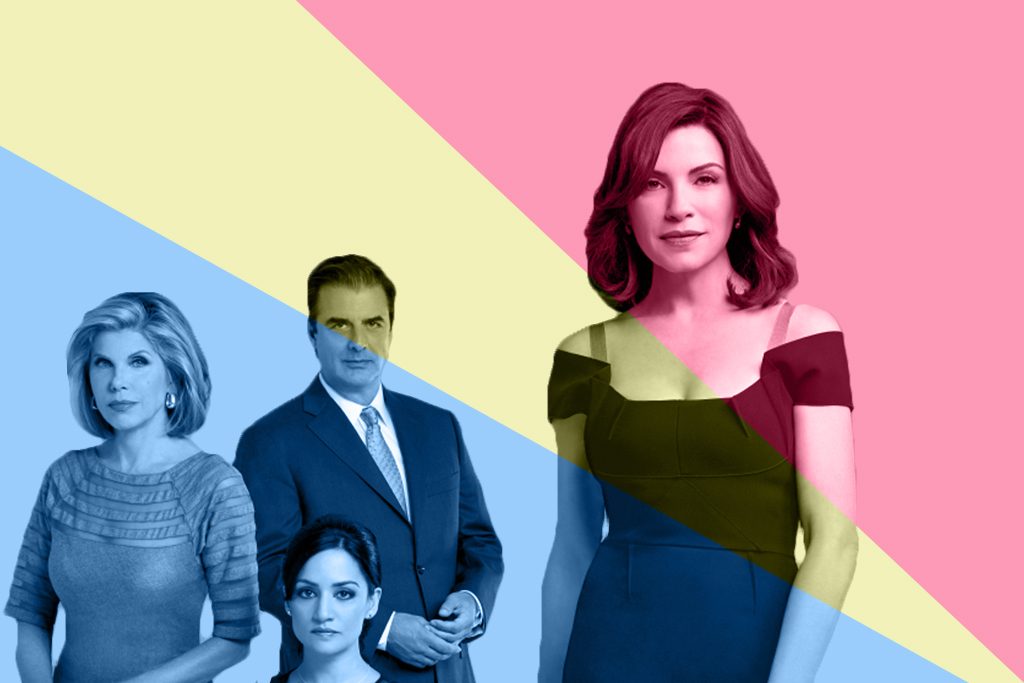
7. The Good Wife (2009 – 2016)
The series began with a former lawyer, Alicia Florrick (Juliana Margulies), returning to work after her husband is involved in a political and sex scandal.
The Good Wife is a show so relevant if could be re-released now and be considered ‘new’. Co-creators Robert and Michelle King created a legal procedural with serious smarts that was sophisticated enough to build plots inspired by our fraught relationship with politics, the internet and social media.
Yet it was never too pretentious to be lumped with the ‘prestige TV’ crowd (a show within the show parodied the bleak dramas dominating screens at the time). The Good Wife was a show that adored week-to-week serialised storytelling. Each season contained over 20 episodes and it was rare for the Kings to lose momentum.
The decade’s definitive old school TV drama.
8. Atlanta (2016 – )
Shows that are impossible to recommend without sounding insane is a sign of quality.
Atlanta, created by Donald Glover, is the show I didn’t bother telling people about because I wanted to keep it all to myself. I also didn’t want to have to explain why there was a black Justin Bieber, an entire episode set on a local talk show, and the surreal nightmare that is Teddy Perkins.
Glover’s vision is unfiltered and series director Hiro Murai often made me do prayer hands at the TV after each episode. Odd in all the right ways — an enigma at times — but full of pathos once deciphered.
You don’t watch Atlanta. Atlanta happens to you.
9. Great British Bakeoff (2010 – )
Reality TV has replaced the comfort we used to get from nightly sitcoms, the scandal of soap operas, and the background noise of game shows.
The problem over the past decade was there was a lot of it. Cheap and nasty. A guilty pleasure. I don’t begrudge anyone for having a go-to reality show they love (for the record mine is House Hunters).
Reality TV thrives on bringing out the worst in people so it’s the one that celebrated giving baking a crack that endured. The Great British Bakeoff managed to be warm and lovely while still functioning under the rule of passive-aggressive British opinions.
10. Parks and Recreation (2009 – 2015)
Politics is exhausting but Michael Schur (The Office, The Good Place) snuck in at the beginning of the decade and found a way to make jokes about it in the fictional town of Pawnee, Indiana.
Yes, Parks and Recreation is hilarious, but it also armed us with the optimism we’d need for the shitshow of real life. Leslie Knope (Amy Poehler) fell into a pit but emerged as the quotable hero we’d need to meme our way through the news cycle.
11. Barry (2018 – )
Hitmen have feelings too. Antiheroes ruled TV for most of the past decade, but Bill Hader’s Barry satirised ruthless men by sending an assassin to Hollywood with aspirations of becoming an actor.
Barry is a battle on two fronts: it’s a stealth parody of deadly serious dramas (most on its own network: HBO) and it’s an inside-showbiz comedy. But like Atlanta it’s a show that’s hard to get a handle on because of how quickly it pivots to surreal moments; both shows share director Hiro Murai.
The season two episode ‘ronny/lily’, where the hitman tangles with a superhuman teenage girl, is proof Barry has room to get weirder. Yes, it’s one of the best shows of the decade but we’ve only got a glimpse of its true greatness.
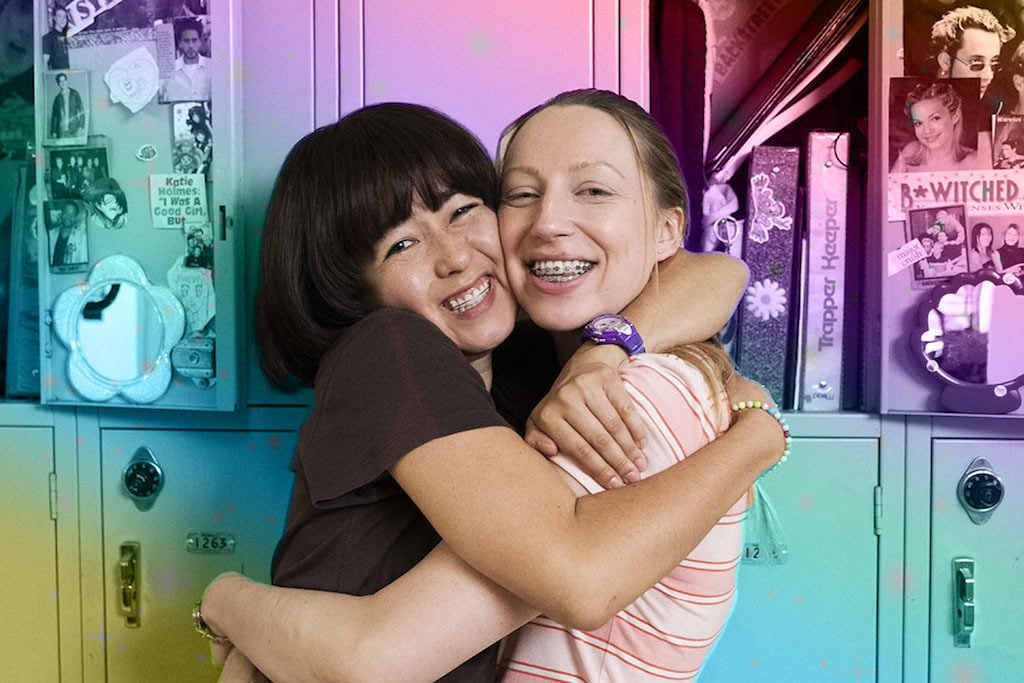
12. Pen15 (2019 – )
1980s nostalgia was at an all time high this past decade (we’ll get to Stranger Things soon) but reflective shows about 2000s we’re beginning to emerge.
Set post Y2K, PEN15 comes from co-writers, creators and stars, Maya Erskine and Anna Konkle, who play 13-year-old versions of themselves surrounded by real teenagers. PEN15 highlights the ups and downs of BFFs, and doesn’t shy away from topics like masturbation, bullying, casual racism (featuring The Spice Girls), the internet and emo ex-boyfriends.
PEN15 is clever enough to let themes of friendship override its nostalgia.
13. Twin Peaks: The Return (2017)
When it was announced the revival of Twin Peaks sounded like the worst idea of all time, but we were so wrong!!
I guess this is my formal apology to everyone who worked on the revival. We got used to zombified versions of hit TV shows coming back not quite right – a huge trend throughout the decade – but Twin Peaks came back stronger, more experimental and with zero fucks to give about expectations. David Lynch kept the story going in his own weird way and compromised on nothing.
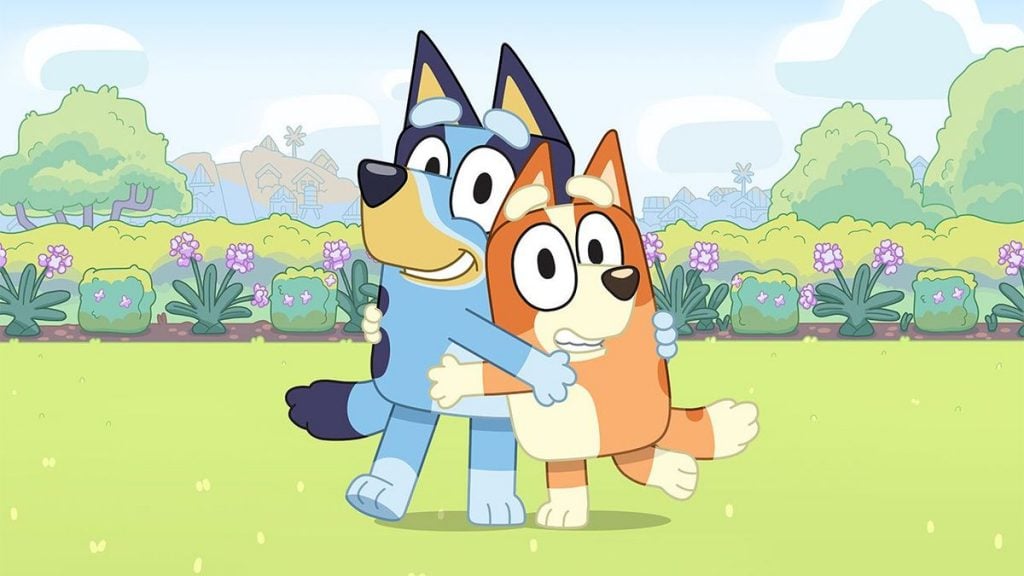
14. Bluey (2018 – )
You don’t get to over 100 million views on ABC iView and added to the Disney+ streaming service worldwide for nothing.
Bluey is the little Australian show that could. The premise of each episode is simple with titles like ‘The Weekend’, ‘BBQ’ and ‘Takeaway’. The show captures everyday life with kids and its uniquely Australian. But it doesn’t matter if you’re a kid or an adult; the series has a mass appeal.
Bluey hits the sweet spot between young and old, and it’s an absolute delight.
15. Fleabag (2016 – 2019)
When Fleabag (Phoebe Waller-Bridge) breaks the fourth wall for the first time it felt like TV had changed.
It wasn’t a first, but it felt like TV got more intimate. Fleabag was sharing her inner thoughts on all the topics that made people perceive female characters as “unlikeable”; the worst word you can use anywhere near a TV show.
Fleabag is witty and devastating, but it embraces how often our lives become a mess and the loneliness that follows. When Waller-Bridge looks into the camera I feel less alone despite all my fuck ups.
That’s a gift.
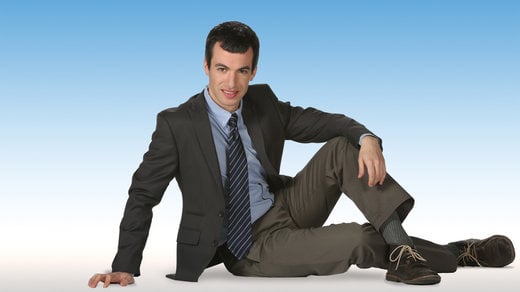
16. Nathan For You (2013 – 2017)
If you can’t beat them, join them. Reality TV dominated the decade so Nathan Fielder arrived to pick apart the format.
Each week, Fielder (playing a version of himself, desperate to be liked) would help struggling businesses with ideas so crazy they just might work. Some of them did, like a fake viral video that was used to help a petting zoo, a ‘Dumb Starbucks’ that used parody law to open a coffee shop and fitness craze called ‘The Movement’ that helped a removalist cut costs.
But Nathan For You is more than a piss-take of reality TV, it’s layered with a story about Fielder’s friendship quest and how the series is a front for him to connect with people. If you can’t find a mate with your own reality show, who can?
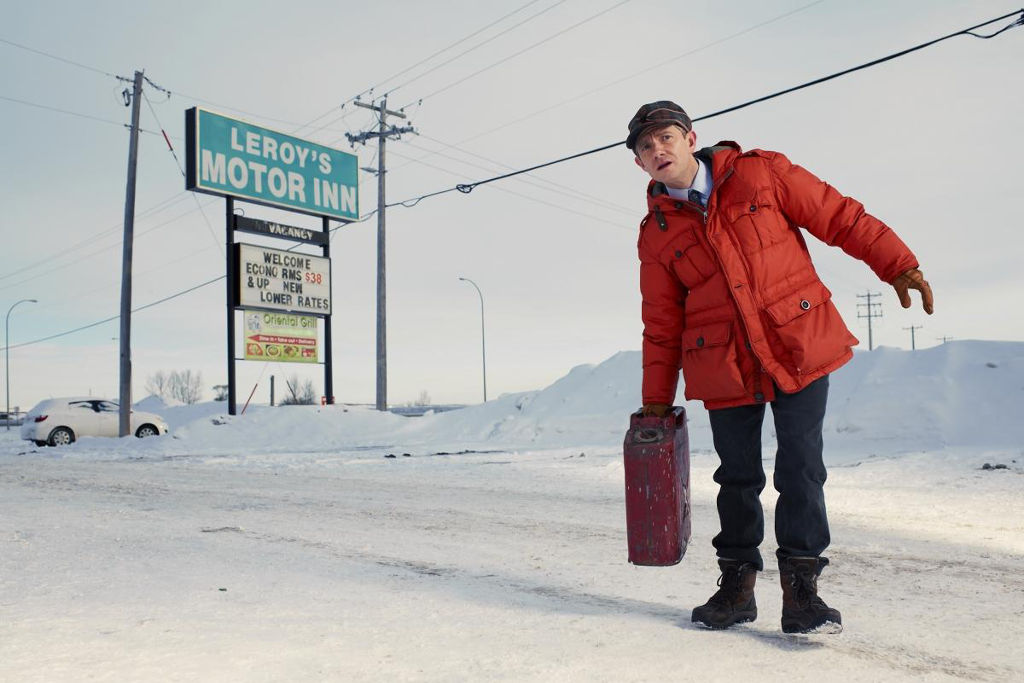
17. Fargo (2014 – )
Another case of ‘oh dear god don’t touch that beloved thing!’
Based on the iconic Coen Brothers film, Fargo debuted at the same time as True Detective. While True Detective bombed with its second season, Fargo kept getting better with its anthology approach to crime stories in small towns. The show’s creator Noah Hawley let each season spiral out of control until a black and white view of each situation faded into nothing but grey areas.
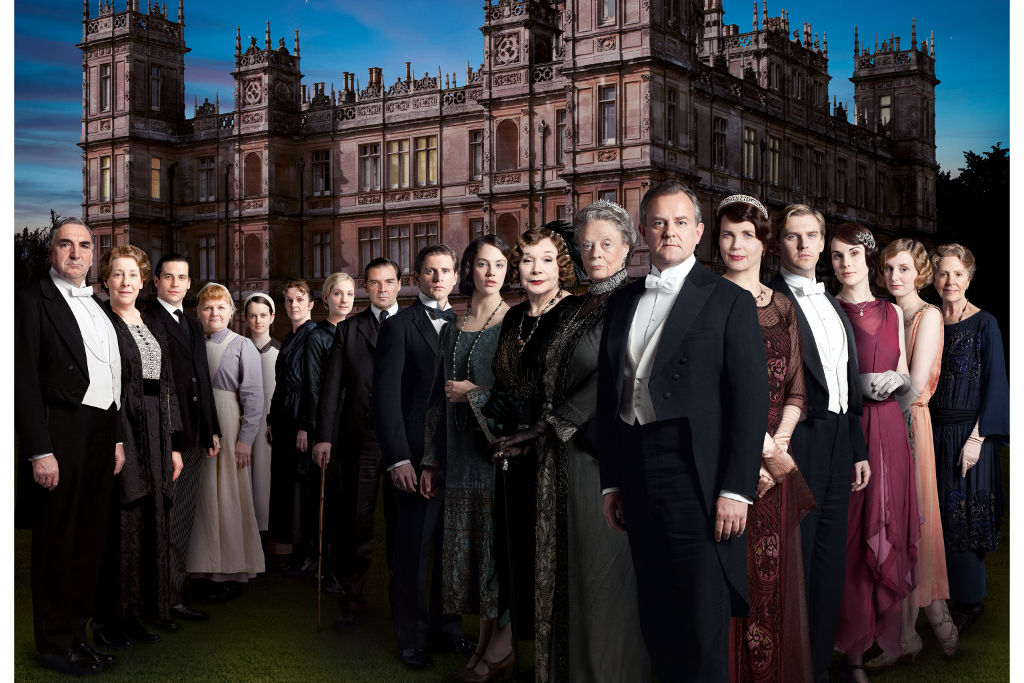
18. Downton Abbey (2010 – 2015)
A phenomenon came from the most unlikely of places: a period drama about a wealthy family and the lives of their servants at the turn of the 20th century. Downton Abbey re-created its aristocratic era in immaculate detail while delivering big drama and sick burns from Maggie Smith.
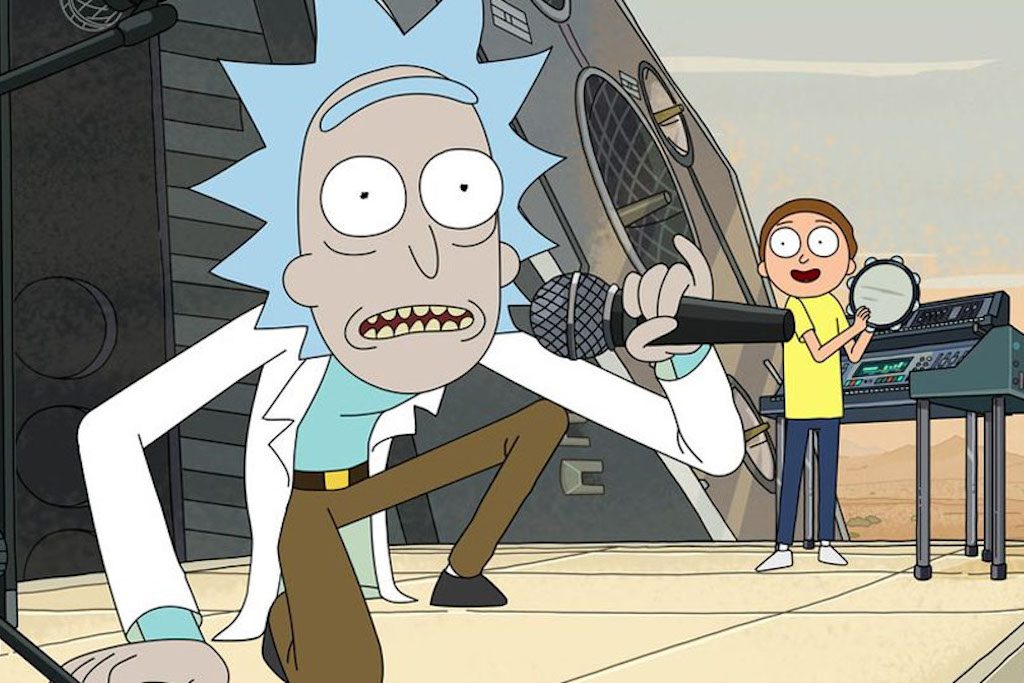
19. Rick and Morty (2013 – )
Created by Justin Roiland and Dan Harmon (Community), it’s influenced by Back to the Future with Rick, a deranged scientist, and Morty, his clueless grandson.
They go on cross-dimensional adventures where Roiland and Harmon push their anti-hero scientist to extremes while riffing on pop culture. Rick and Morty keeps tabs on the personal toll its ever expanding sci-fi world has on its lead characters.
In an episode, the duo survives a 6-day long escapade, they catch a breath and then have an emotional breakdown. An animated series that ain’t afraid to scream into the abyss while we chuckle in our trackies.
20. Broad City (2014 – 2019)
One of the big shifts in TV comedy over the past decade was best friend comedy.
Shows began to opt out of the bickering, odd couple approach and embraced characters who championed each other during their misadventures. Broad City perfected best friend comedy. Abbi and Ilana were each other’s biggest fans and they could be their own, gross, stoner selves exploring an equally weird New York City.
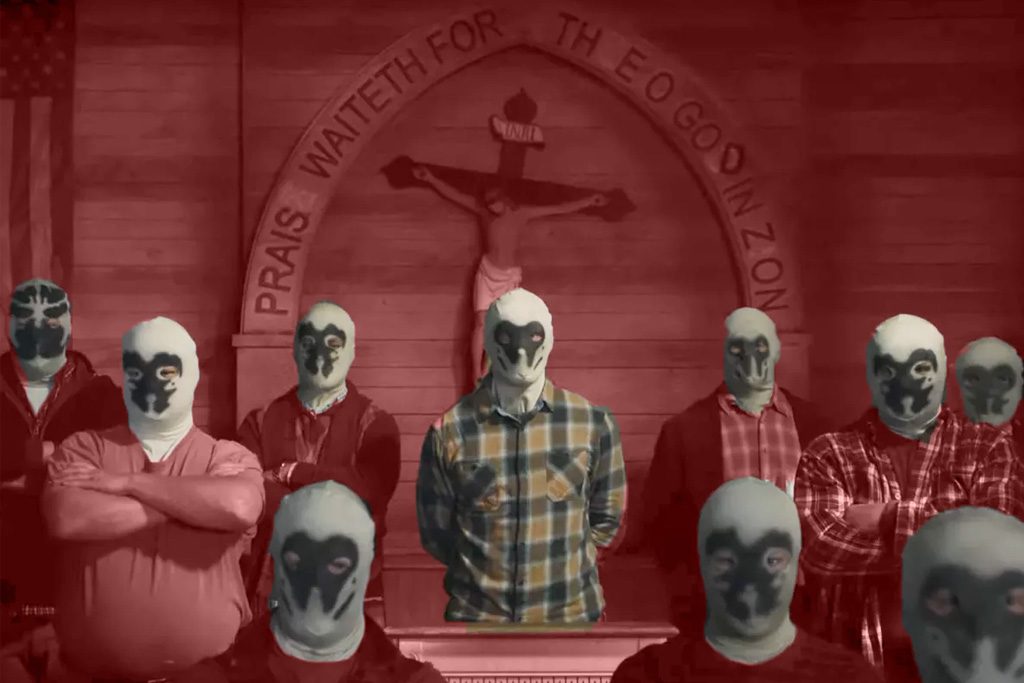
21. Watchmen (2019 – )
Yes, it’s a little unfair of Damon Lindelof to sneak this series in at the end of the decade and make all the other shows look bad.
A stunning adaptation that expands the comic while maintaining its political edge. The alternate version of America is brought to life in magnificent style and there’s never a need for exposition dumps; it’s an immersive show where each detail matters.
Watchmen has nothing but the greatest respect for the source material and the intelligence of its audience. It continues where the comic began with its deconstruction of superheroes and a world dealing with the fallout of their actions.
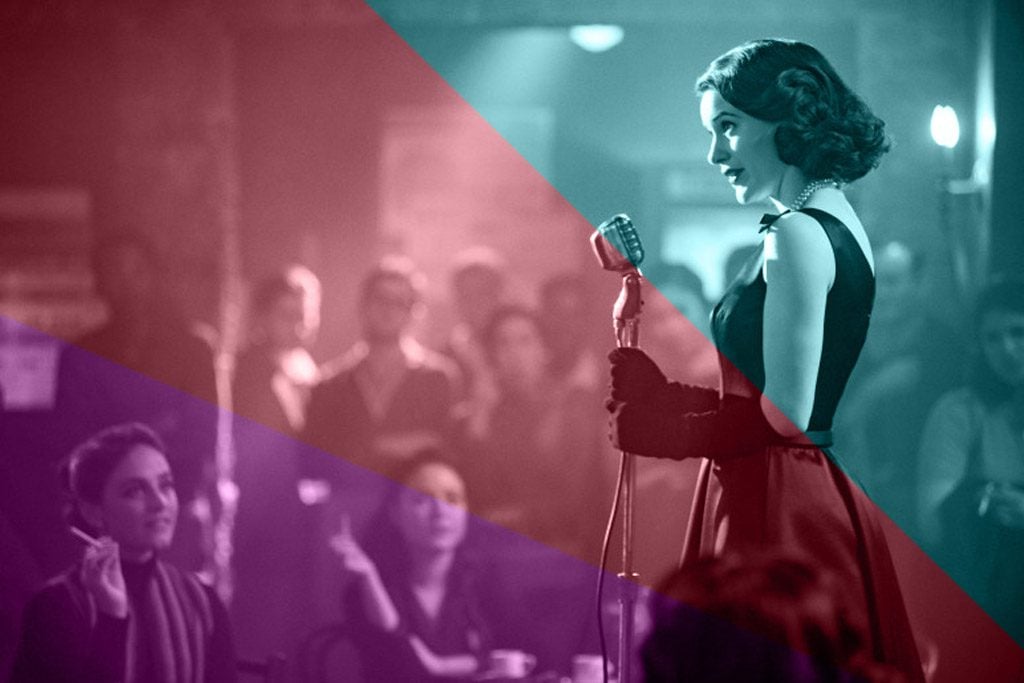
22. The Marvelous Mrs. Maisel (2017 – )
Amazon got into making TV by asking their users for feedback. They’d launch their ‘pilot season’ (now defunct) with debut episodes for shows they were interested in making.
One of them was a new Amy Sherman-Palladino (Gilmore Girls, Bunheads) series about a 1950s housewife (Rachel Brosnahan) who discovers she’s good at stand-up comedy. After its pilot run The Marvellous Mrs. Maisel got a two-season order — a rarity in TV.
Midge’s journey from a breakdown to the big time is pure joy and the series is lush with beautiful period costumes and a colourful 50s New York City.
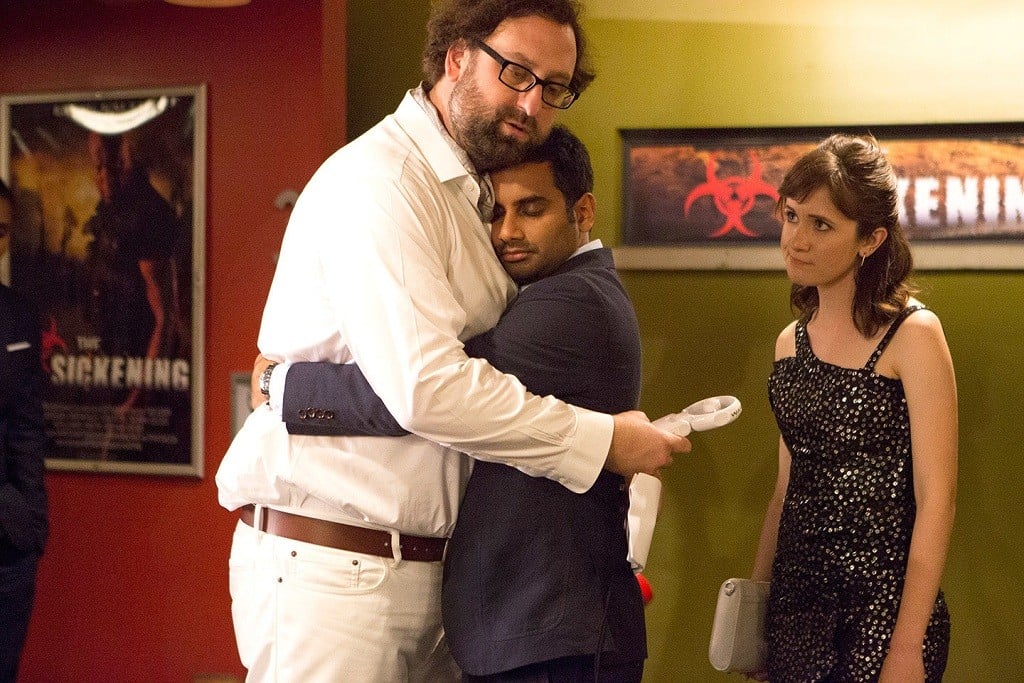
23.Master of None (2015 – )
Netflix accelerated their original TV production line and revealed they were working with a budget in the multi-billions. If they had the money, when were they going to give creators a little freedom? The answer came in the form of Master of None, created by Aziz Ansari and writer Alan Yang who met while they both worked on Parks and Recreation.
The series began with a focus on a 30-something actor, Dev (Ansari), living in New York. The show worked through Dev’s life until it began to hit on specific cultural experiences. The episode ‘Indians on TV’ examined racial stereotypes in the media, the second season shifts locations to Italy, and later, beautiful episodes take the focus off Dev such as ‘New York, I Love You’ and ‘Thanksgiving’ (written by Lena Waithe).
Master of None was a creative leap for Netflix.

24. Breaking Bad (2008 – 2013)
Vince Gilligan’s crime saga was heating up as the new decade began, but it became a pop culture supernova when the final season arrived.
The weird thing about Breaking Bad is there are moments mid-series where Walter White (Bryan Cranston) has a chance to walk away but his ego, and eventual hubris, push the series toward its conclusion. Breaking Bad pre-dated the gig economy but it’s a show that pushed the idea of ‘making ends meet’ to thrilling extremes.
The American dream turned into a nightmare.
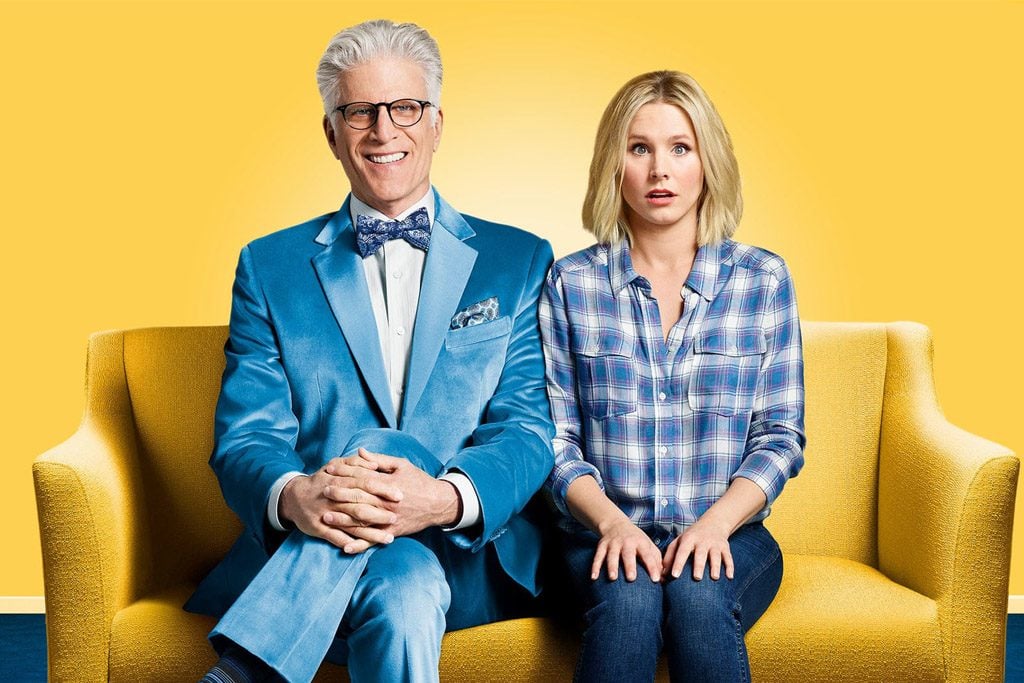
25. The Good Place (2016 – 2019)
Parks and Recreation equipped us to deal with the political news cycle. The Good Place helped us figure out what makes a ‘good’ person, in a world that feels corrupt in every corner.
To quote Judge Gen’s (Maya Rudolph) experience on Earth: “There’s this chicken sandwich that, if you eat it, it means you hate gay people.”
The Good Place snuck up on us with one of the greatest ‘bait and switch’ plotlines in TV history. We were presented with a whimsical comedy set in the afterlife and discovered it was laced with ideas about morality and ethics.

26. Love (2016 – 2018)
With romantic comedies you never get enough time to get to know people before they become a couple.
Often, it’s one sided and a potential partner is presented as the perfect girlfriend/boyfriend. Love has the room to get to know Mickey (Gillian Jacobs) and Gus (Paul Rust) before they begin to date. Created by Rust, Lesley Arfin and Judd Apatow, Love explores both sides of a relationship but never lets it define the main characters.
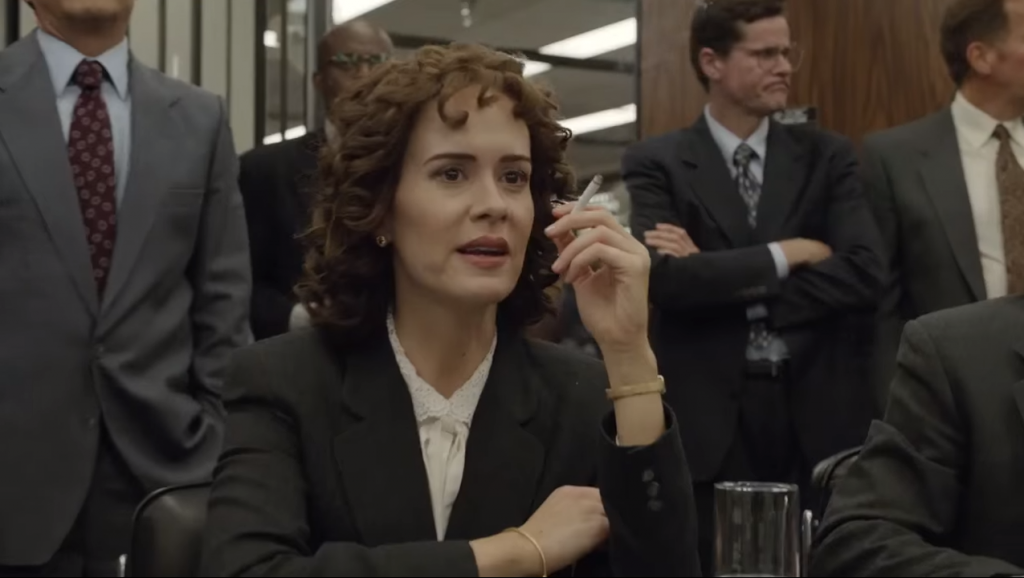
27. American Crime Story (2016 – )
Ryan Murphy became one of the most power people in TV during the decade.
Murphy got into the true crime game with American Crime Story, an anthology series that dramatised big cases. The first was The People Verses OJ Simpson and the second The Assassination of Gianni Versace (the third will focus on The Clinton–Lewinsky scandal). On the surface, both series looked like nothing more than a big name cast in even bigger wigs. American Crime Story wasn’t a trashy take on a true story though.
Murphy examined American made monsters. The People Verses OJ Simpson broke down race, fame, the treatment of women in positions of power and how the justice system gets weaponised. The Assassination of Gianni Versace contrasted the death of the legendary fashion designer with the lives of the other men slain by a serial killer; each story equally tragic regardless of celebrity.
The Assassination of Gianni Versace also put the horror of gun violence front and centre and it’s rare for an American show to confront the issue with the ferocity of this depiction. American Crime Story went beyond the true crime wave and used each case as a stunning allegory for the problems that persist in society.
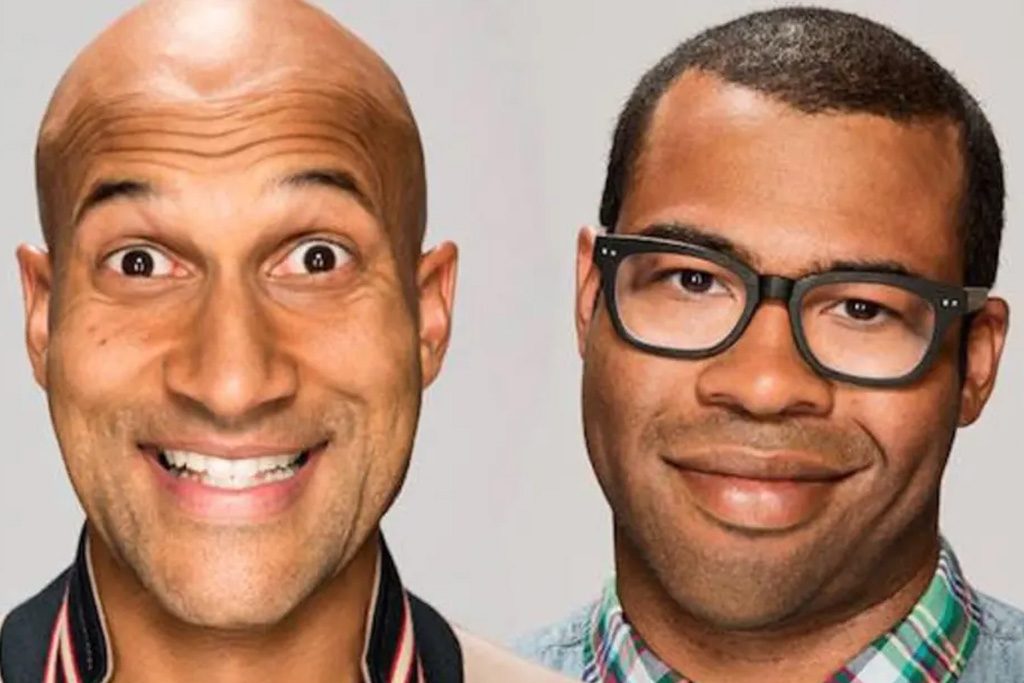
28. Key & Peele (2012 – 2015)
Sketch comedy had a lot to compete with as YouTube and social media increasingly became a haven for DIY comics.
The news cycle was tough on comedy writers because it was already insane. Key & Peele found a way through the madness. Keegan-Michael Key and Jordan Peele mixed political comedy, pop culture riffs and absurd humour.
Sometimes there were sketches built on a weird premise like Peele delighting in a continental breakfast, Key as a substitute teacher struggling with a roll call or an aerobics performance with a sinister subplot. They gave Barack Obama an anger translator and introduced us to valets who were obsessed with ‘Liam Neesons’.
Key & Peele was clever and weird in all the right ways.
29. The Letdown (2017 – )
Late in the decade, shows about parenting finally began to cut the bullshit.
The Letdown was part of a movement on TV (see: Catastrophe) that delivered an authentic depiction of parenthood. Created by Sarah Scheller and Alison Bell, The Letdown removed the gloss and laid out the struggles of new mum Audrey (Bell).
The Letdown is honest, hilarious and too real at times, but it never loses sight of the bright spots of early parenthood through the fog of sleep deprivation.
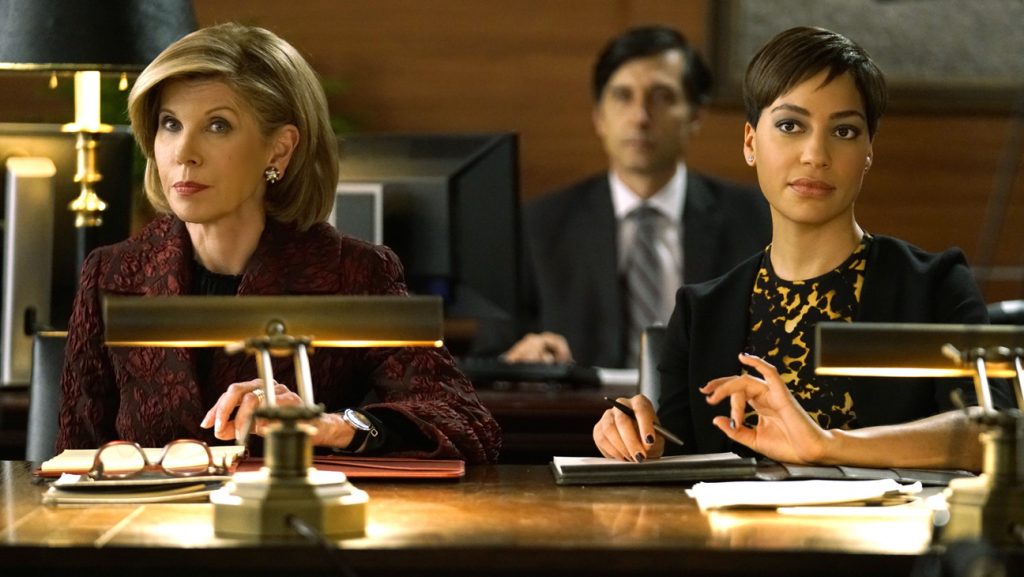
30. The Good Fight (2017 – )
The Good Wife was too good to end, so they gave it a spinoff.
The series focuses on Diane Lockhart (Christine Baranski of Mamma Mia!, Mamma Mia! Here We Go Again fame) coming out of retirement, broke, to work for a prestigious law firm run by black lawyers who focus on police brutality cases.
Lockhart is making amends for her prior career working for a law firm that defended the wealthy, white and powerful. The point of difference with The Good Fight is how it reacts to the news cycle like each episode was written the same week it airs. One of few shows this decade that managed to capture turbulent modern politics in real time.
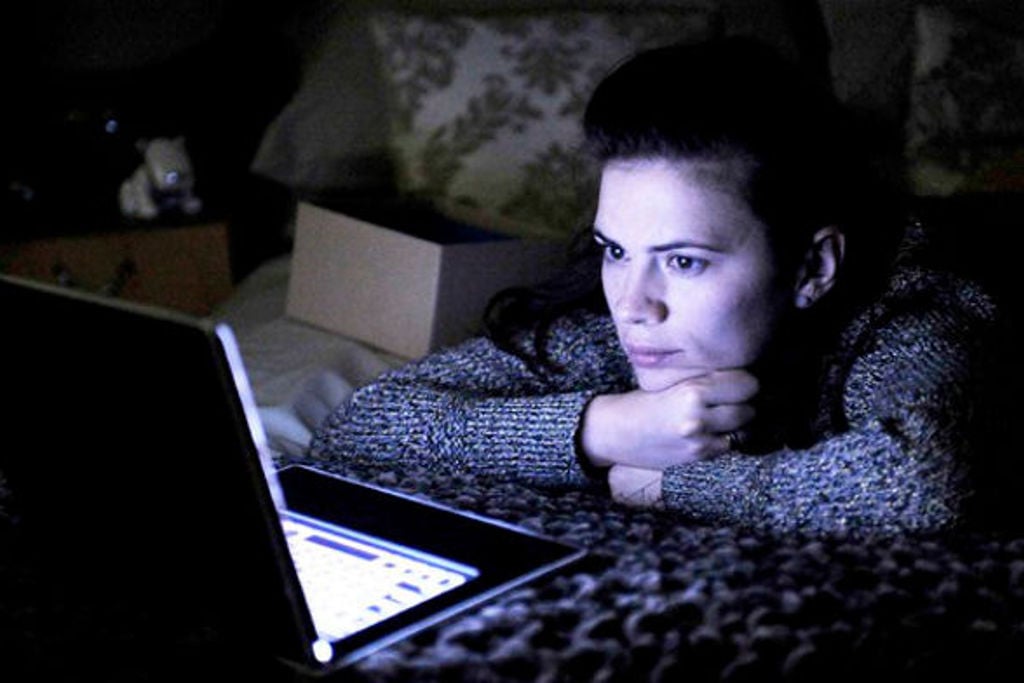
31. Black Mirror (2011 – )
What if smartphones were … bad.
Black Mirror reached a self-parody point towards the end of the decade. Even it’s ‘choose your own adventure’ experiment ‘Bandersnatch’ felt like the audience was now suffering at the hands of a show empowered by technology.
But there’s no denying the power and bleakness of Black Mirror in its early seasons. We’re all in denial about how technology is making our lives worse, writer/director Charlie Brooker just dropped those worries into a series with echoes of The Twilight Zone.
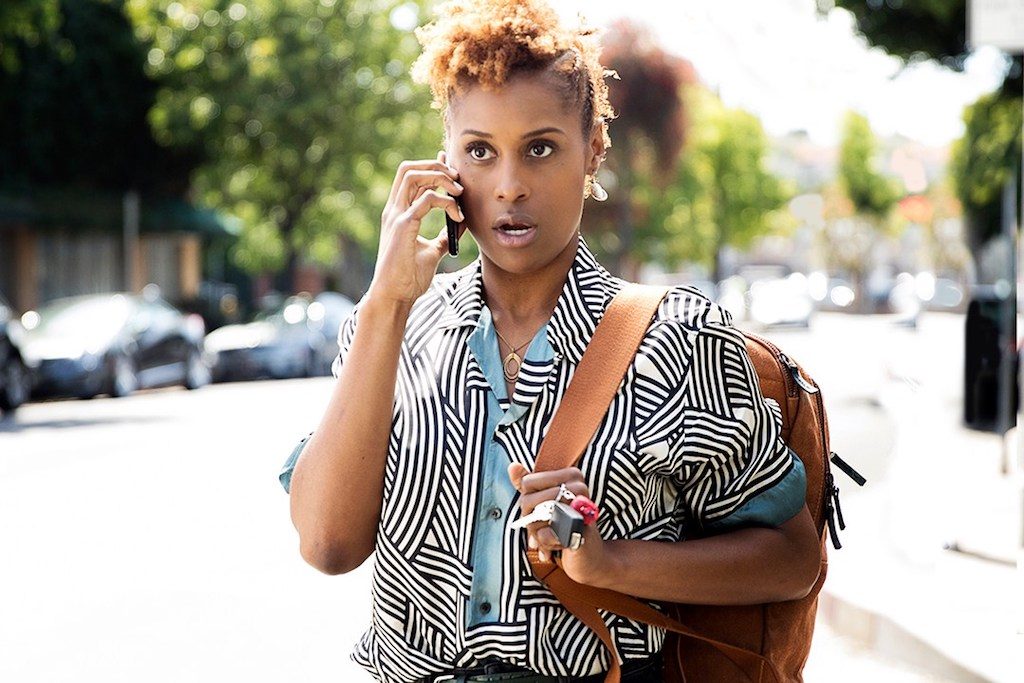
32. Insecure (2016 – )
“This is not a hood story. This is about regular people living life,” Issa Rae told The L.A. Times.
Insecure slots into the BFF comedy category but it gets a lot more intimate with its portrayal of relationships and the pressures of a normal work/life balance. Issa (Issa Rae) and Molly (Yvonne Orji) explore a side of Los Angeles that never cuts to the Hollywood sign. An authentic LA story.
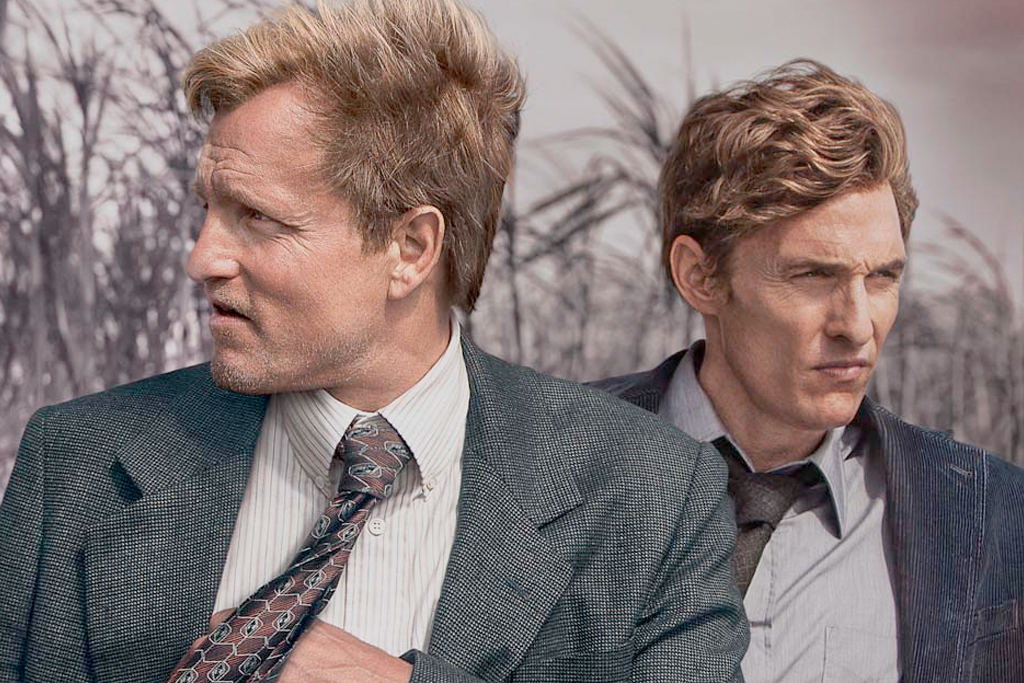
33. True Detective (2014)
Heads up: I am only including season one. Director Cary Joji Fukunaga loaded the crime series with style and it established the trend of actors considered ‘film stars’ taking a chance on TV; Matthew McConaughey was on a path to win an Oscar when the show first aired. When anyone mentions ‘prestige TV’ True Detective is the definitive example.
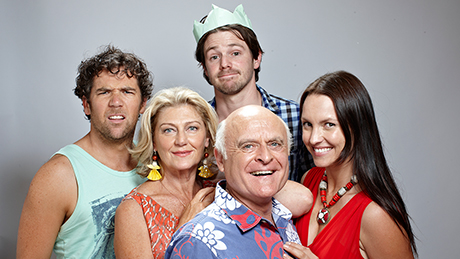
34. A Moody Christmas (2012)
The concept is simple: on Christmas day we check in with an Australian family over a 6-year period. A lot can happen in a year and the holiday season is when you’re most likely to speak with people you haven’t seen for 12 months. A Moody Christmas captures the spirit of an Aussie Chrissy, backyard cricket and all, while tapping to the awkwardness of family gatherings.
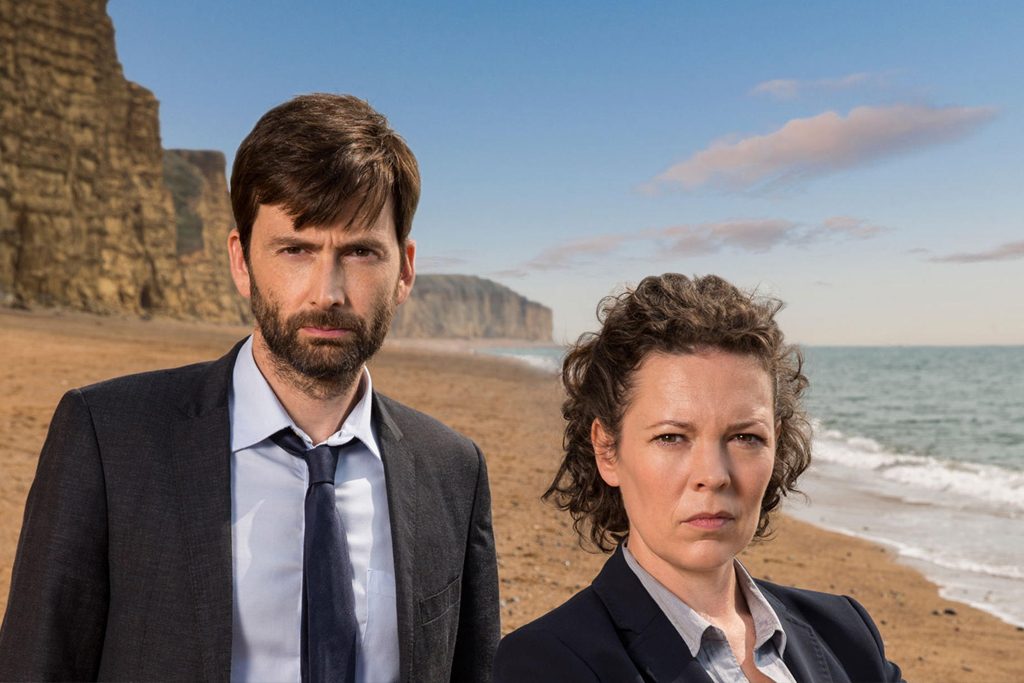
35. Broadchurch (2013 – 2017)
Have you ever looked at seaside cliffs the same way every again?
Broadchurch gave us the dream team of Olivia Colman and David Tennant investigating a murder in a seaside town. The police procedural uncovered the town’s secrets at a cracking pace and gave its characters the time to grieve a tragedy.
The series also looked at the impact on hearsay on a small community and the role the media plays in sensationalising crime stories. The first season is one of the great modern TV whodunnits but mileage varies on the two seasons that followed.
Still, Colman and Tennant in the same show together: brilliant.

36. Shrill (2019 – )
Lindy West wrote a memoir in 2016, Shrill: Notes from a Loud Woman, and the TV adaption starring Aidy Bryant (one of the best cast members on Saturday Night Live) is funny and authentic but never preachy.
In the opening episode Annie (Bryant), a writer living in Portland, gets lectured by a woman in a café about her weight. In one scene the series captures the feeling of constantly being judged, and over the series Annie grows into confidence and comfort in her own skin.
Shrill is one of the TV shows that exemplifies the different experiences being depicted on TV. Decades ago Annie would have been the supportive best friend; now she’s the lead.
37. Succession (2018 – )
The petty squabbles of the billionaire Roy family and their media empire became a sleeper hit for HBO.
I’ve heard the show described as willing ingesting poison and it’s accurate. Why oh why am I cheering for these rich arseholes to survive thought? The appeal comes from the peek we get inside a capitalist machine and the fun of watching the 1% squirm a little.
Succession effortlessly shifts between a serious family drama to a farcical exploration of power and wealth. Considering the behaviour of billionaires and the number of companies merging into monopolies, Succession is proving to be a cathartic take down of the rich and famous.
38. Crazy Ex-Girlfriend (2015 – 2019)
Over four seasons, co-creator, writer, actor and songwriter Rachel Bloom penned 157 original songs for Crazy Ex-Girlfriend.
The series began with Bloom playing a lawyer who moves from New York to West Covina, California (2 hours from the beach!), to re-connect with her ex Josh (the dashing Vincent Rodriguez III). Bloom and co-creator Aline Brosh McKenna (The Devil Wears Prada, 27 Dresses) cleverly deconstruct romantic comedies while opening the show up to deeper conversations about mental health and the pursuit of happiness.
The songs are genius and explore different musical genres and styles. There’re devastating ballads (‘You Stupid Bitch’), meta storytelling jokes (‘Dream Ghost’), super smart takedowns of rom-com tropes (‘The Math of Love Tringles’) and fun musical numbers just for the hell of it (‘Don’t Be a Lawyer’).
The difficulty curve of Crazy Ex-Girlfriend is remarkable. A true one-of-a-kind show.
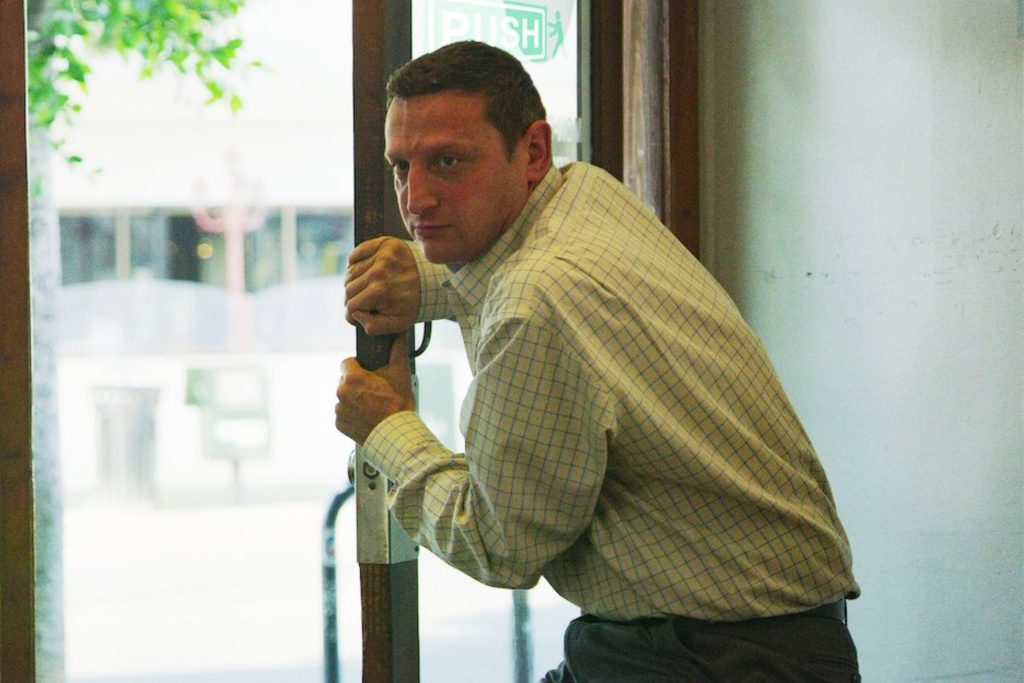
39. I Think You Should Leave (2019 – )
Each episode is only 17 minutes. I think about this a lot.
Mainly because with so much TV vying for out attention a little sketch comedy show broke out and had everyone quoting weird moments like ‘you have no good car ideas’. The unfiltered awkwardness of comedian Tim Robinson is what makes I Think You Should Leave so damn funny.
Often, a person (played by Robinson) has a breakdown after refusing to admit they are at fault or bizarre social taboos play out. There are also hilarious informercials, game shows and an insane baby of the year pageant, amongst other sketches.
Once you’re on the same giddy wavelength as I Think You Should Leave it’s hard not to cackle a something as silly as an alien race of bikers obsessed with motorcycles.
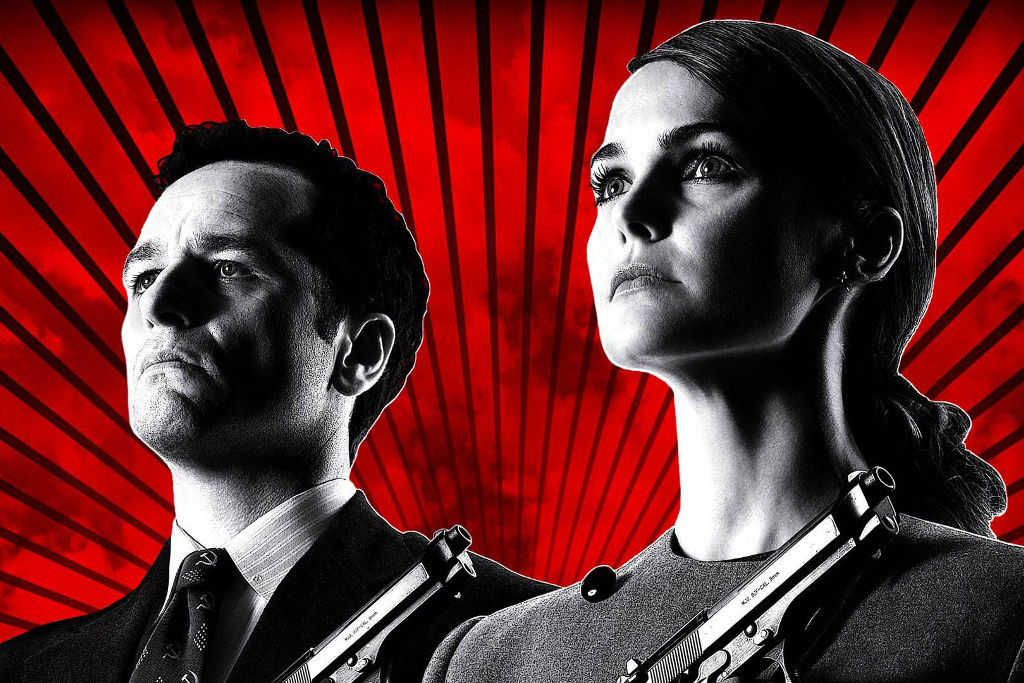
40. The Americans (2013 – 2018)
The best spy series of the decade sided with the Russians in the 1980s.
Keri Russell and Matthew Rhys played KGB agents posing as an American couple with two kids and a picket fence in Washington D.C. The series ditched the 007 spy fantasy and took an unassuming approach to espionage.
The Americans had its fair share of intense moments, but nothing ever matched the impact of the lies Russell and Rhys told their marks, and more devastating, themselves.
41. Offspring (2010 – 2017)
Considering the rise of streaming services and the amount of TV we got hit with this decade I am sad Australian TV didn’t keep pace.
Reality TV ruled but thank god for Offspring. A show that blended comedy and drama perfectly and wasn’t afraid to be thirsty. Asher Keddie’s performance is incredible; her comedic timing is impeccable and she can pivot to the serious stuff in a heartbeat.
42. Hannibal (2013 – 2015)
The show that proved network TV in America wasn’t just for squares.
Hannibal aired on NBC for three seasons. As the show pushed violence to extremes it became one of the greatest anomalies on mainstream TV. The interplay between Will Graham (Hugh Dancy) and Dr. Hannibal Lecter (Mads Mikkelsen) was as delicious as the food porn for cannibals on display.
The first season stuck to a crime procedural formula with serial killers of the week, but in subsequent seasons the plot got wilder and the visuals more sumptuous. A sick, twisted, beautiful show.
43. Community (2009 – 2015)
Before Ricky and Morty, Dan Harmon used a community college and a study group of misfits to smash through pop culture references while remaining completely self-aware that it was a TV show smashing through pop culture references.
Community gave us so much: ‘six seasons and a movie’, The Kickpuncher franchise and Donald Glover.
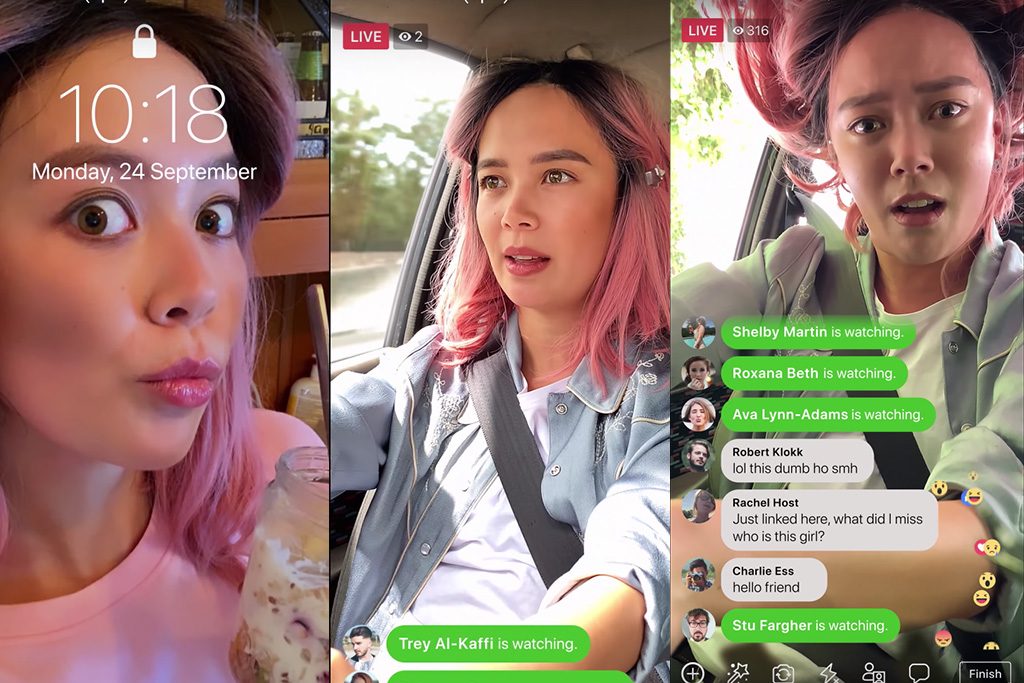
44. Content (2019 – )
Welcome to the moment when a phone is harnessed perfectly to tell a scripted story. Content is birth of a new format.
The seven-episode series created by Ludo Studio (Bluey) understands how we use smartphones intuitively. We spent a lot of the past decade watching TV on our phones that it’s fitting for a show set on a phone to squeeze in as one of the best. Will it spark a new wave of TV? It’s too early to call, but Content a bold step forward that sets a very high bar for whatever follows.
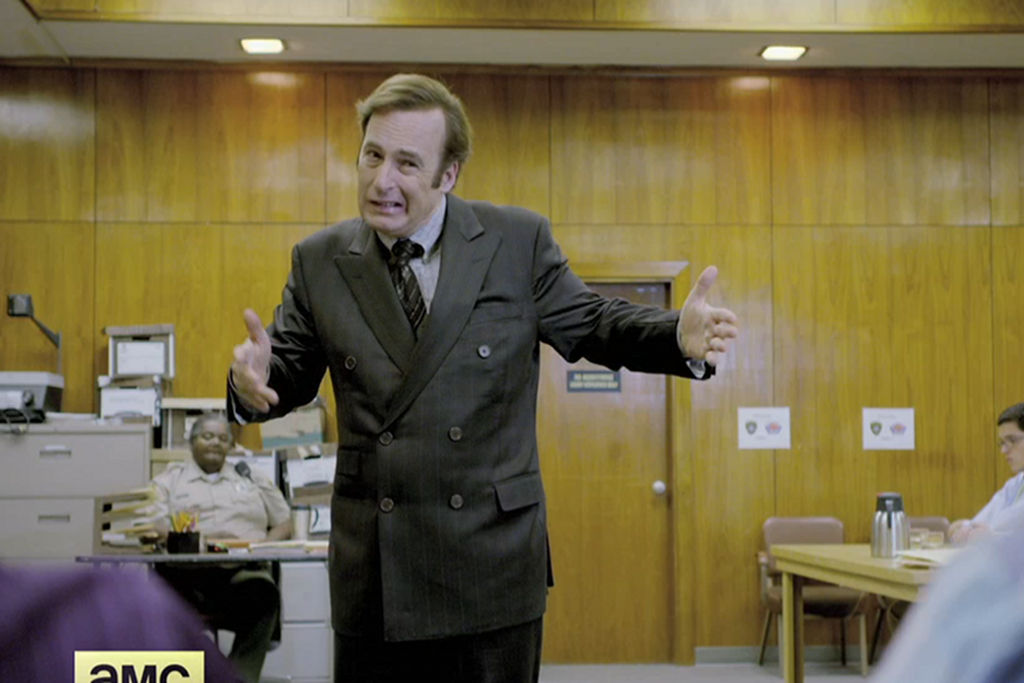
45. Better Call Saul (2015 – )
The Breaking Bad spinoff that focuses on the origins lawyer Saul Goodman/Jimmy McGill is tough to watch.
But there’s not a lot of gore. There’s no nightmarish imagery though; the scenery of New Mexico is stunning. It’s a tough sit because you witness Jimmy devolve into Saul. Better Call Saul is about becoming the worst version of yourself to survive.
The series expands the story established in Breaking Bad by adding to the backstories of Mike Ehrmantraut (the great Jonathan Banks) and Gus Fring (a chilling Giancarlo Esposito). Like The Good Wife/The Good Fight, it’s a series that’s as equally as great as its predecessor.
In the current TV landscape Better Call Saul is a miracle.
46. Adventure Time (2010 – 2018)
A kid’s show that feels like your drink got spiked.
Adventure Time took a psychedelic path through a magical kingdom inspired by Dungeons and Dragons. A cartoon that’s aggressively weird, and there’s even weirder stuff hiding in every corner. But not matter how outlandish Adventure Time got, its high emotional intelligence prevented it from being written off as too silly.
Jake the Dog (John DiMaggio) and Finn the Human (Jeremy Shada) are best friends who aren’t afraid to talk about how they feel, show their love for each other and dance, dance, dance. Adventure Time is this decades loveable TV weirdo.
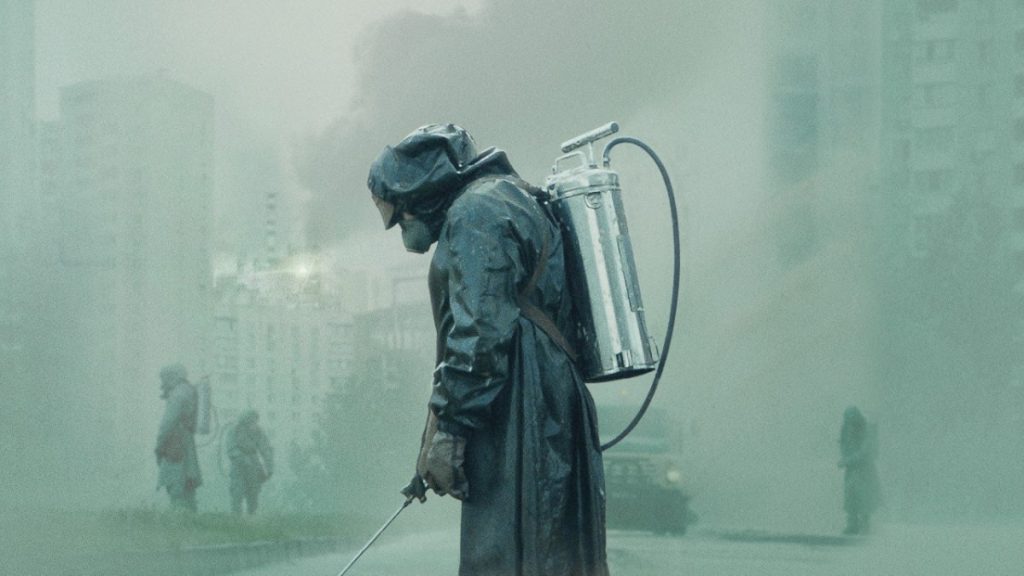
47. Chernobyl (2019)
What is the cost of lies?
The tagline for HBO’s Chernobyl speaks to the allegorical power of this dramatisation of the nuclear disaster. Chernobyl is unsettling but it’s a timely series that forces us to seek at the truth in the age of fake news.
The body horror is unrelenting as radiation slowly kills people, and workers are put in nightmare scenarios in service of the Soviet Union. There’s also parallels between the environmental catastrophe the Soviet Union scientists faced in the 1980s and the one we’re grappling with in 2019: climate change.
People nit-picked the series for historical accuracy and a lack of authentic accents but a documentary it ain’t. Chernobyl is what happens when a government values their own agenda over human lives.
A frightening and relevant bookend to the decade.
48. Get Krack!n (2017 – 2019)
Breakfast TV in Australia had it coming. A follow-up to The Katering Show, the two Kates have been given their own breakfast television show and try to make it work under the worst circumstances.
Each episode happens in real time and it satirises the corny tactics breakfast TV shows use to boost ratings and make their hosts likeable media darlings. The Kates shot at the big time is a well-orchestrated disaster, but it reveals a lot of ugly truths about the Australian media landscape.
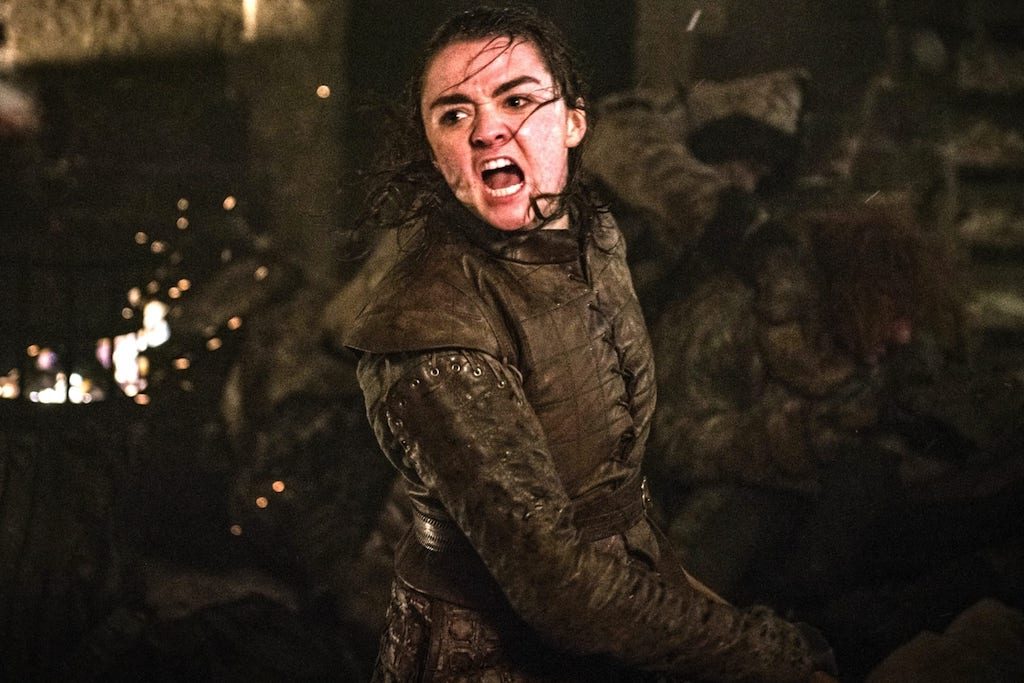
49. Game of Thrones (2011 – 2019)
Did you think I would forget?!?
Love it or hate it, Game of Thrones was the sun that sustained the TV solar system throughout the decade. Fantasy went mainstream with the help of boobs and gore; sometimes to its detriment. Genuinely shocking moments made it appointment viewing and an entire economy was built around breaking down every single detail of the series.
Game of Thrones also rivalled blockbuster films with its epic scope, immaculate production design and unforgettable battle episodes. It turned a cast of mostly unknowns into superstars, made everyone real dour about winter and gave politicians new analogies to use (the Red Wedding, eargh).
50. Stranger Things (2016 – )
A word-of-mouth phenomenon for Netflix. Stranger Things showed the power of Netflix’s audience and their ability to advocate for a series.
Before Stranger Things was released there was not a huge publicity campaign. The sci-fi series got added to their list of originals but over the course of a weekend people obsessed over every detail and indulged the show’s 1980s nostalgia. The FOMO was real when it came to Stranger Things.
It was so huge even a minor character like Barb became an instant meme. Stranger Things has maintained its equilibrium over three seasons — they’ve never outdone that magical first season — but its influenced the way networks think about nostalgic mashups when developing new shows.
Netflix has user data to tell them what people like and it’s said that Stranger Things got made after it matched the criteria they were looking for in a show. Stranger Things is a prime example of fusion in the streaming age.
Cameron Williams is a writer and film critic based in Melbourne who occasionally blabs about movies on ABC radio. He has a slight Twitter addiction: @MrCamW.



